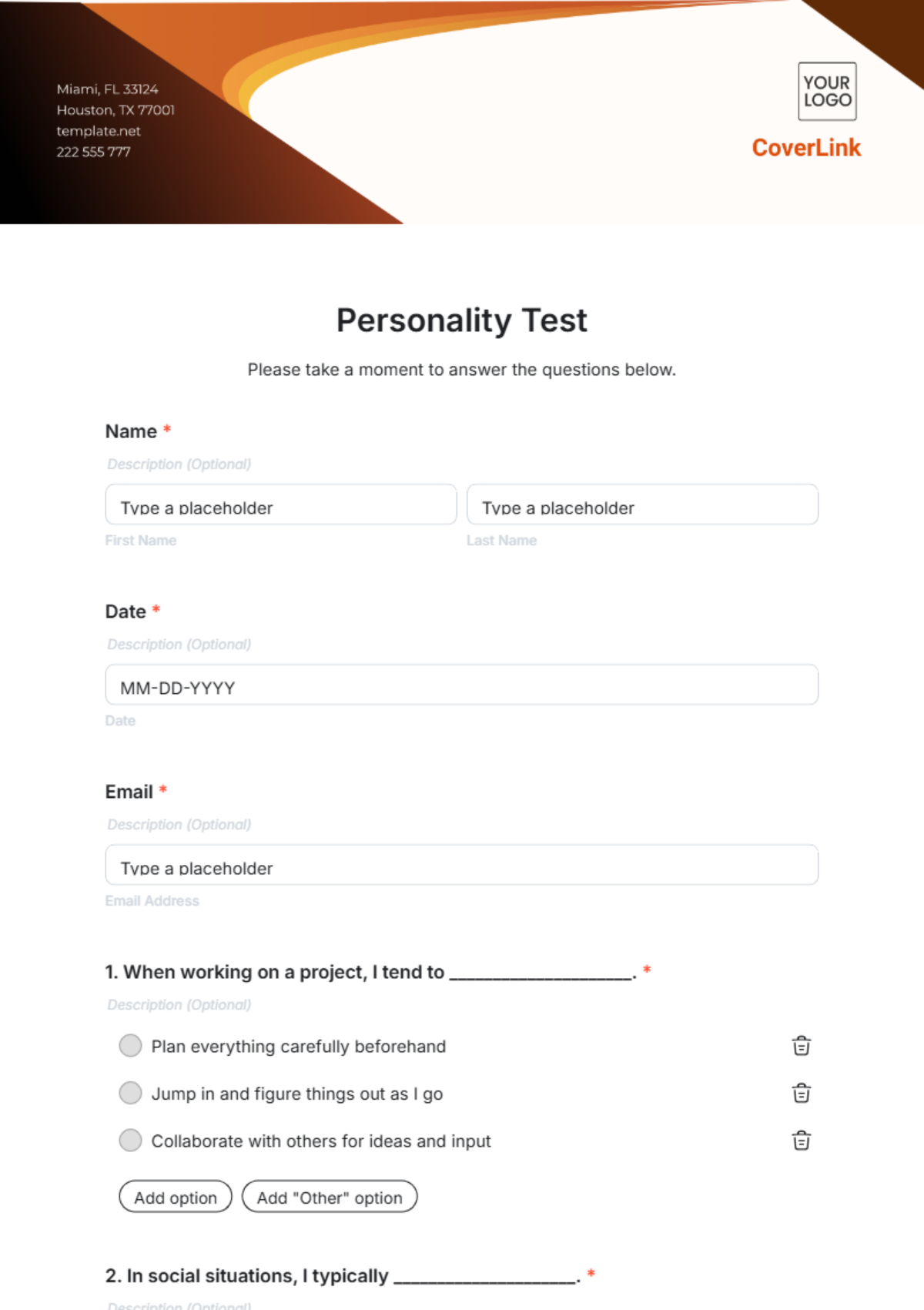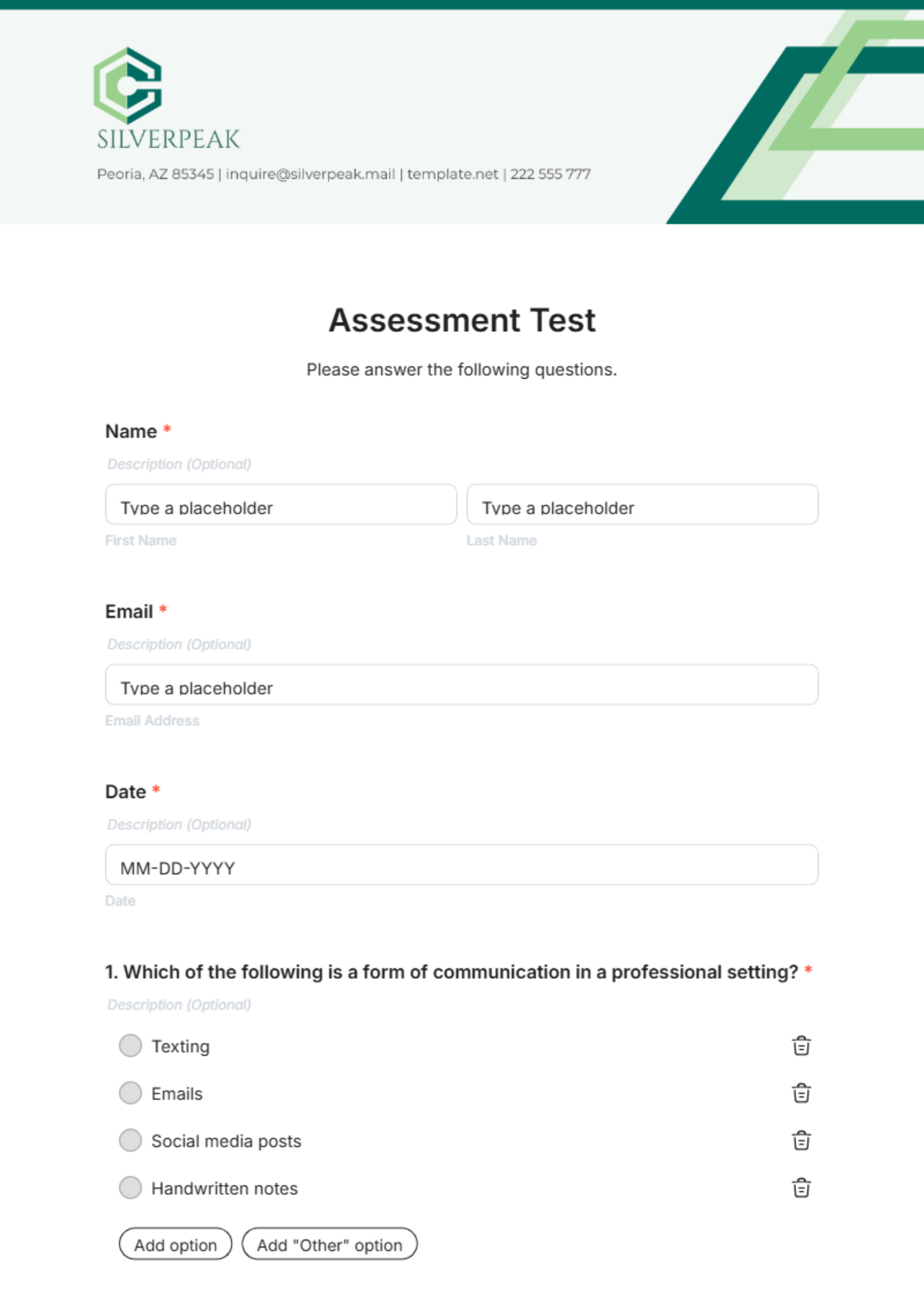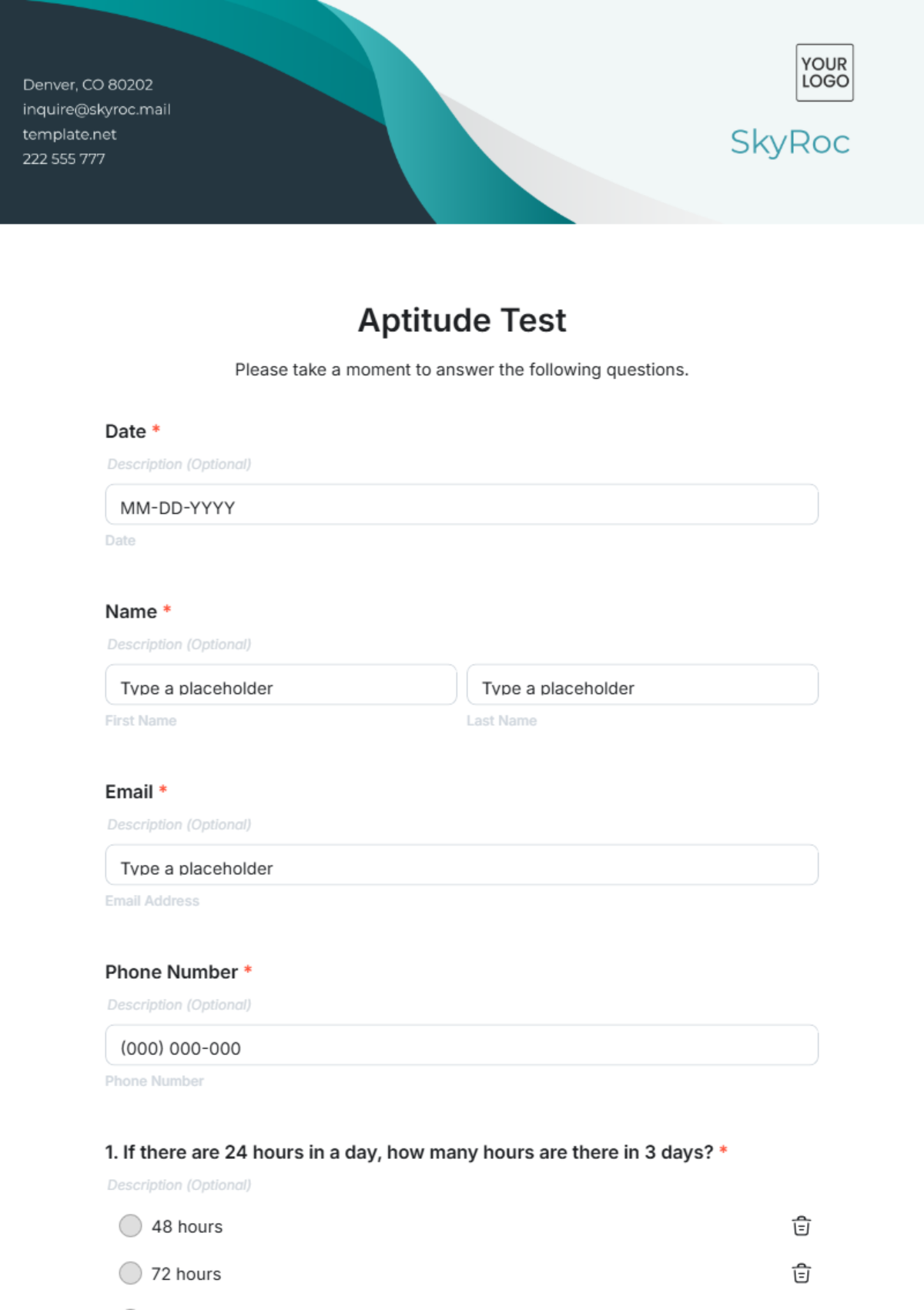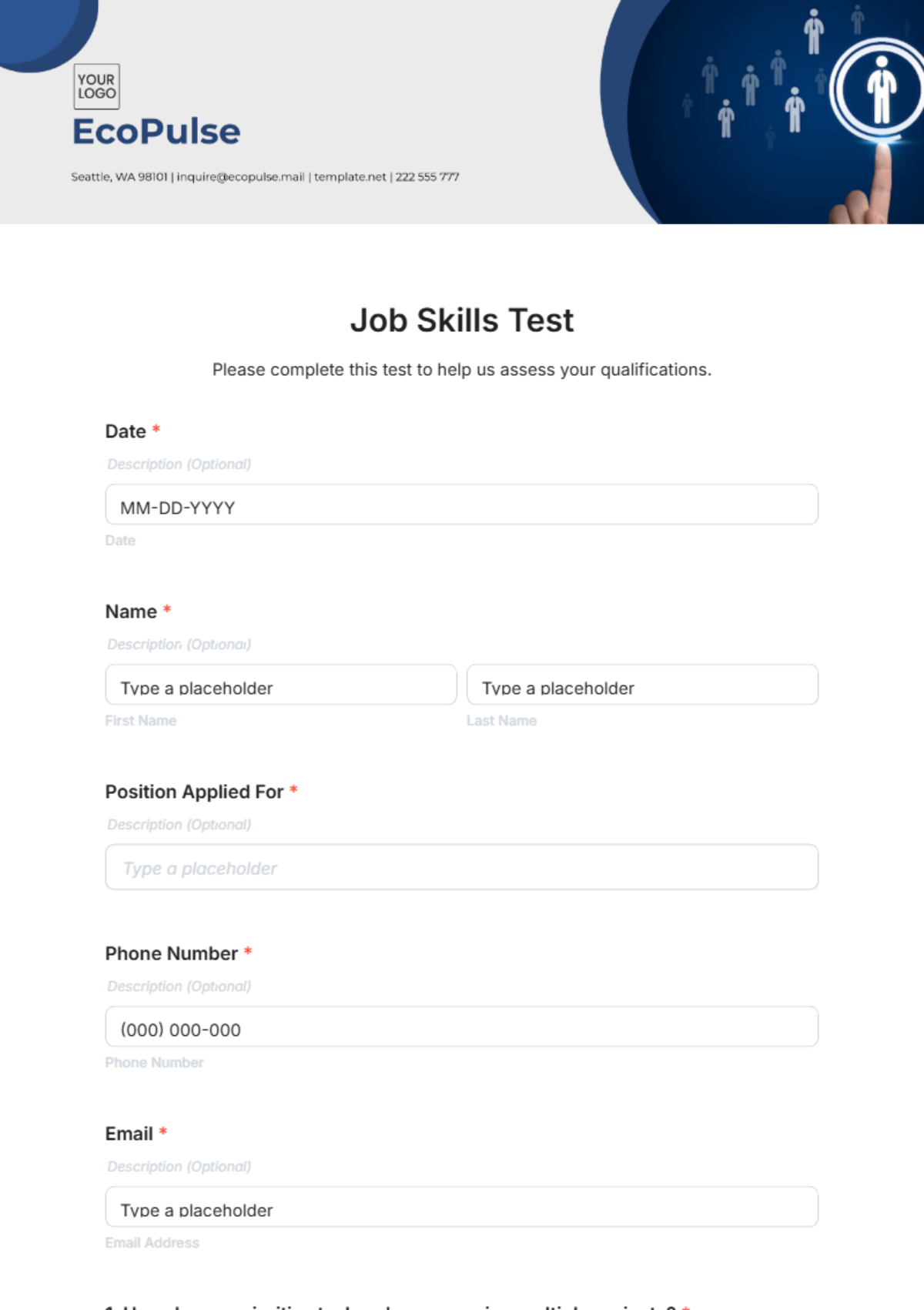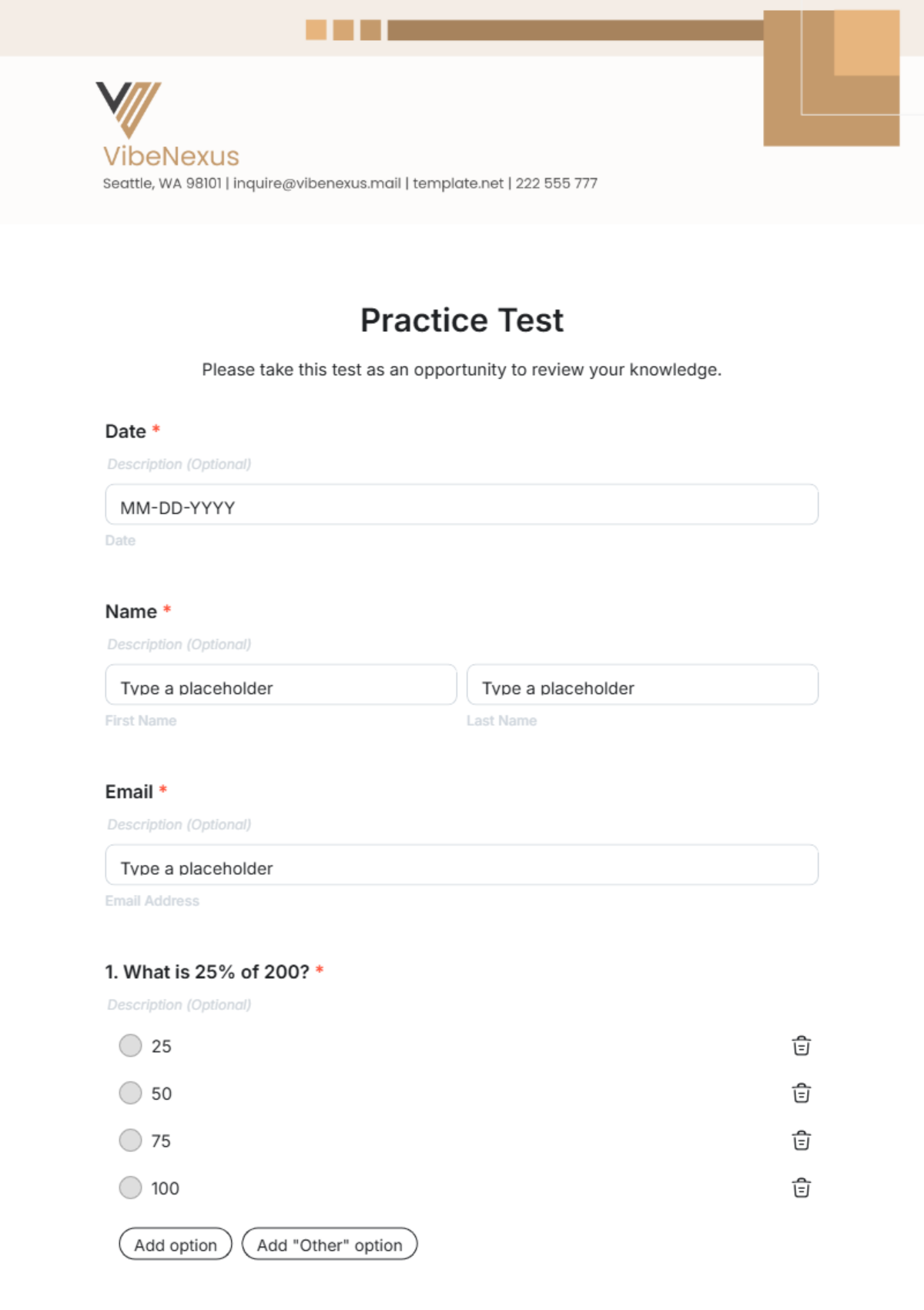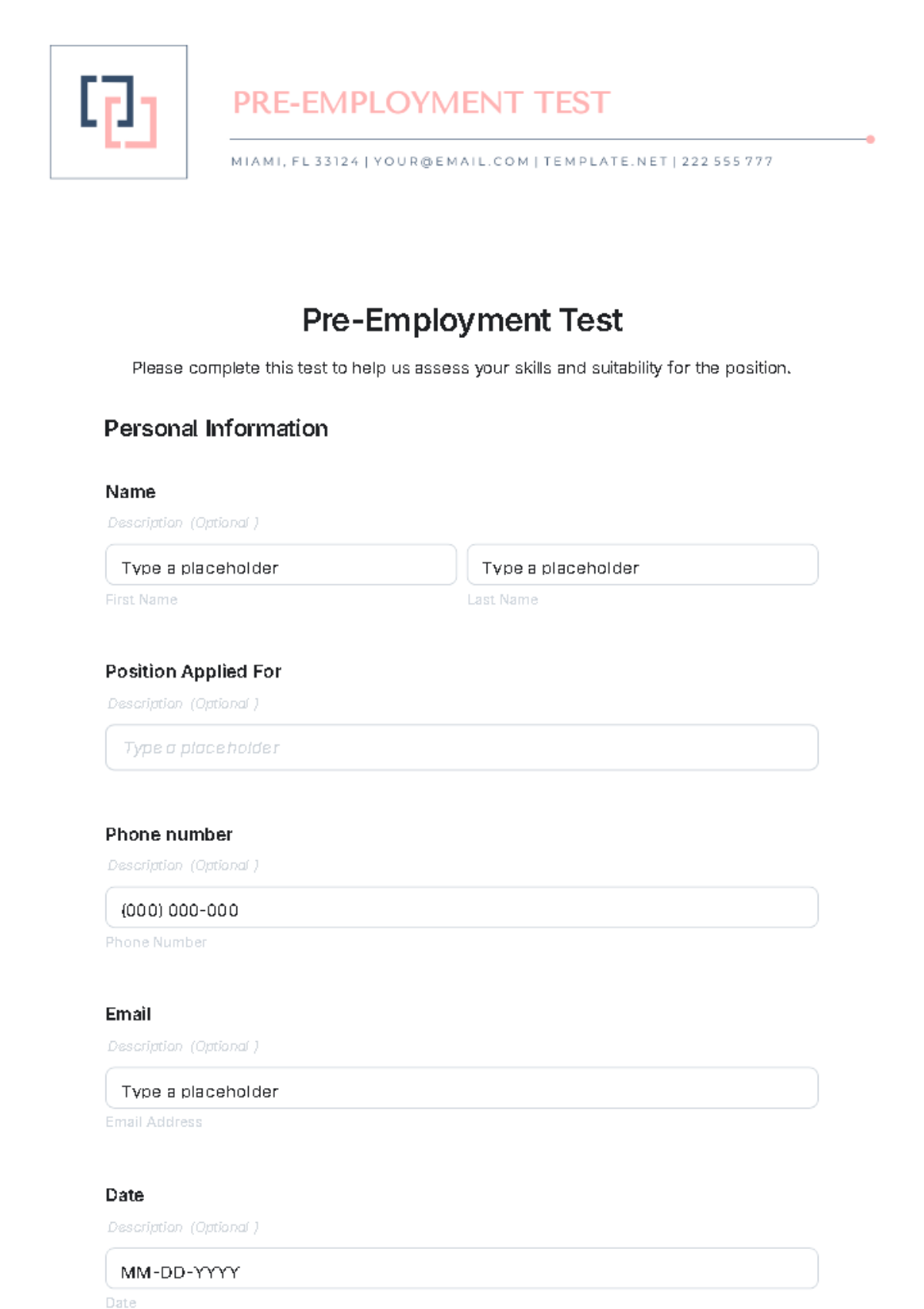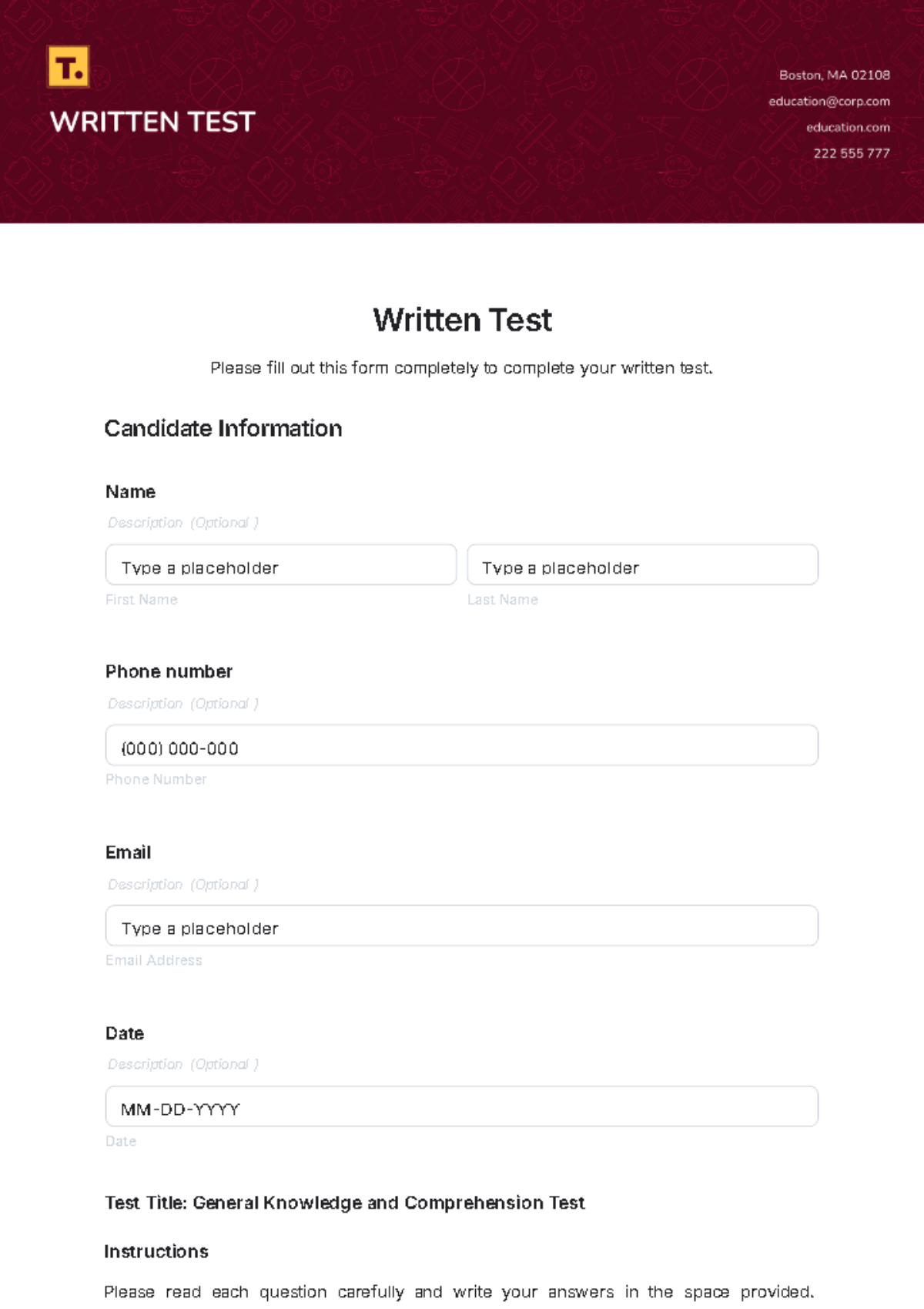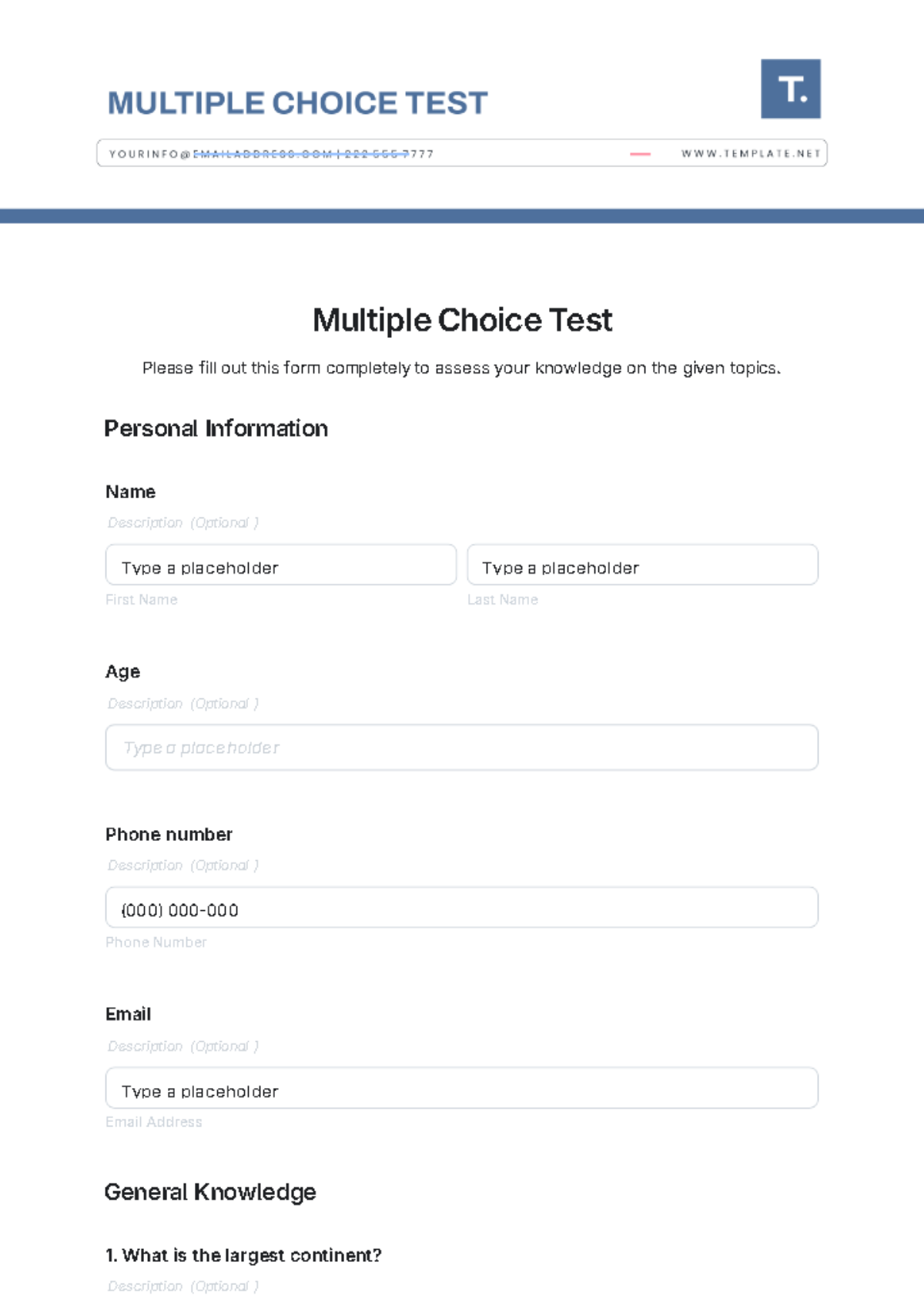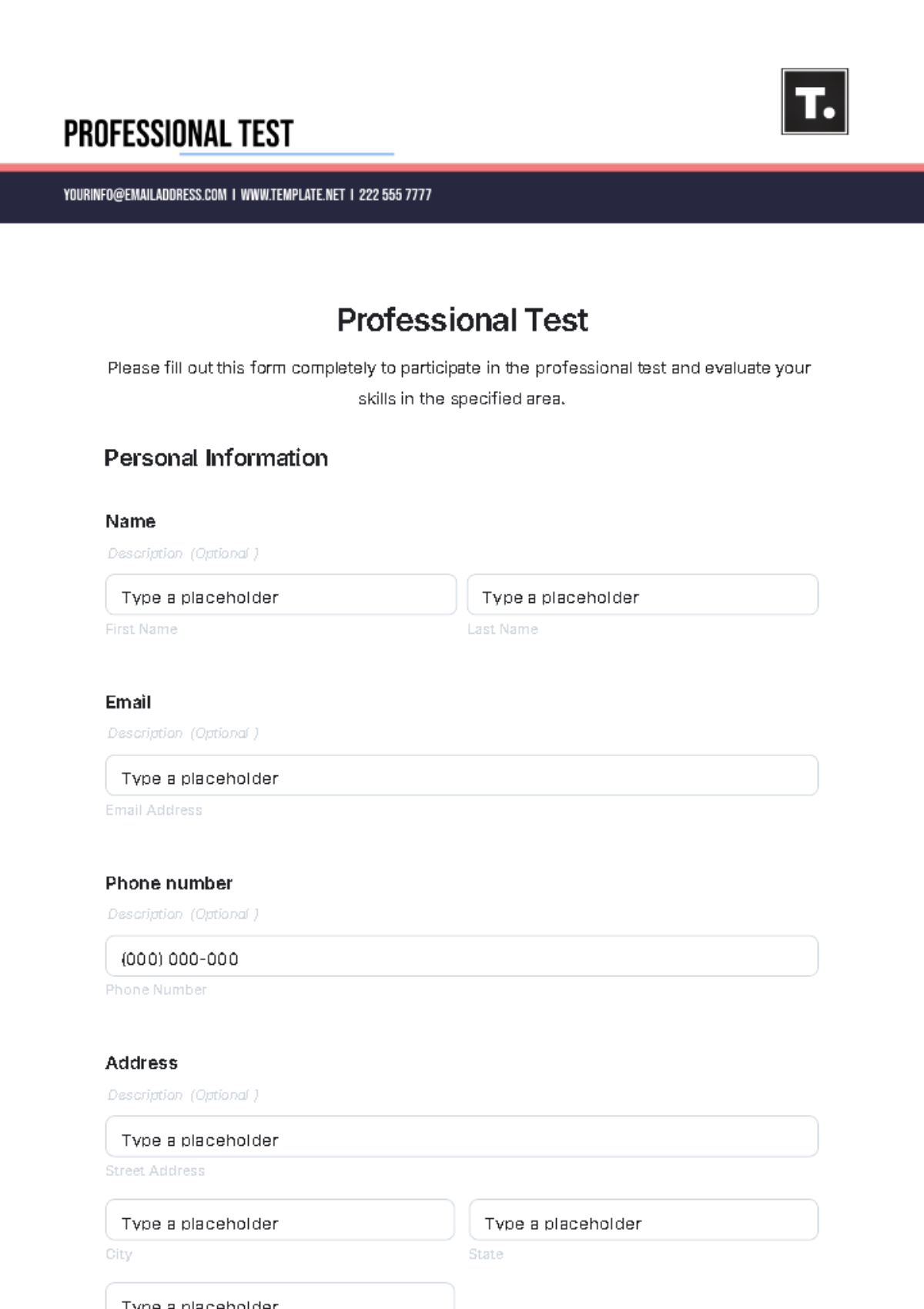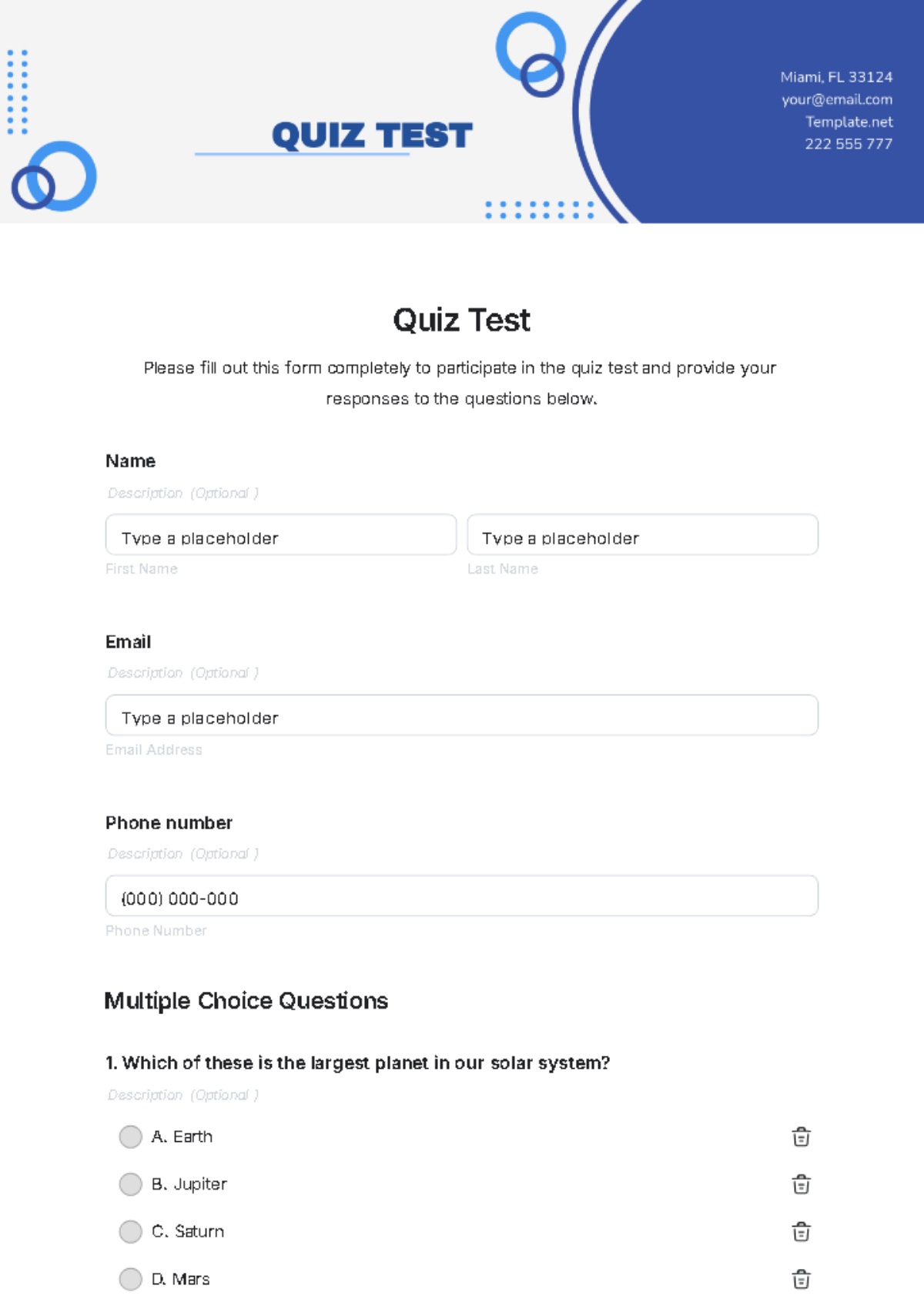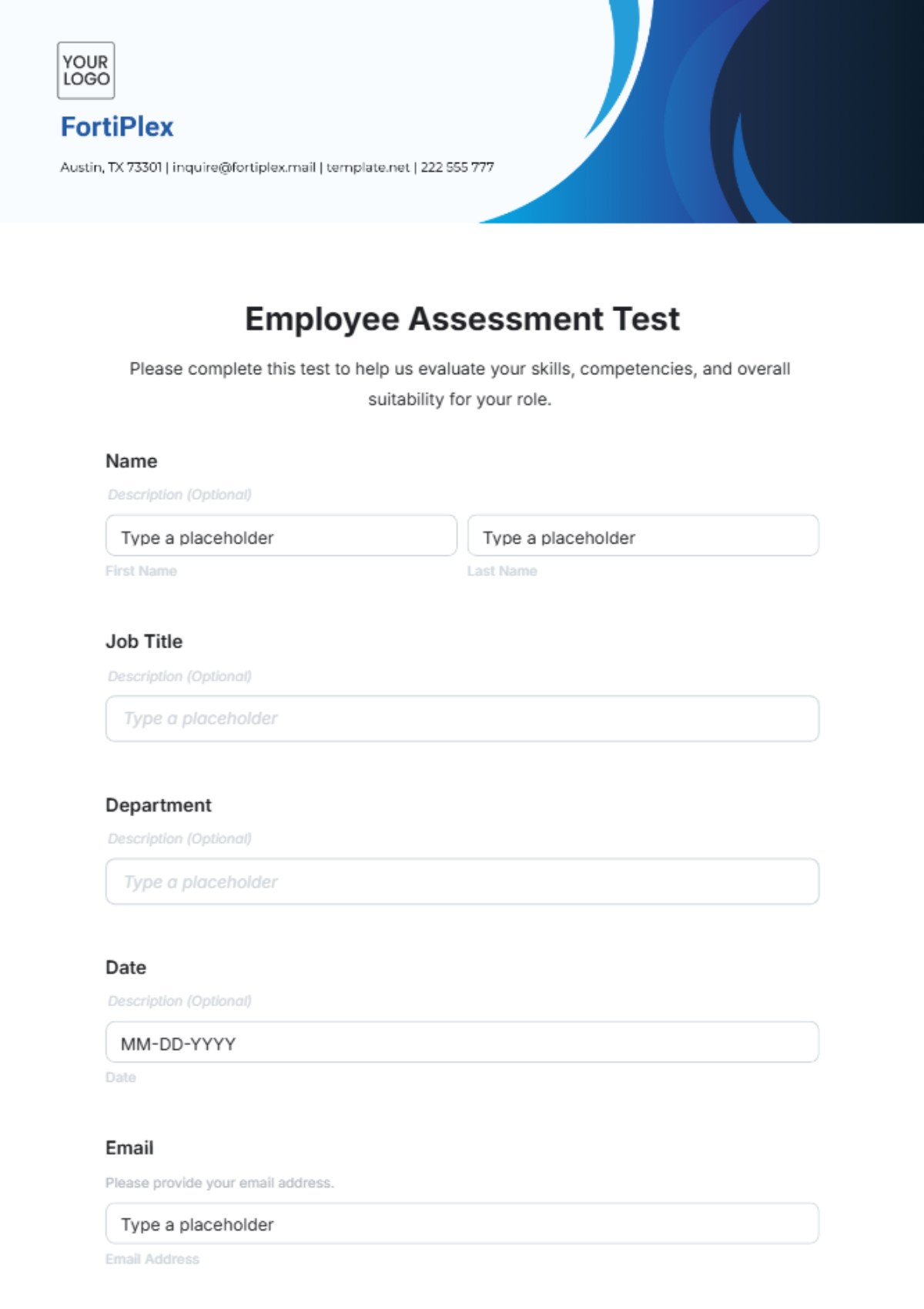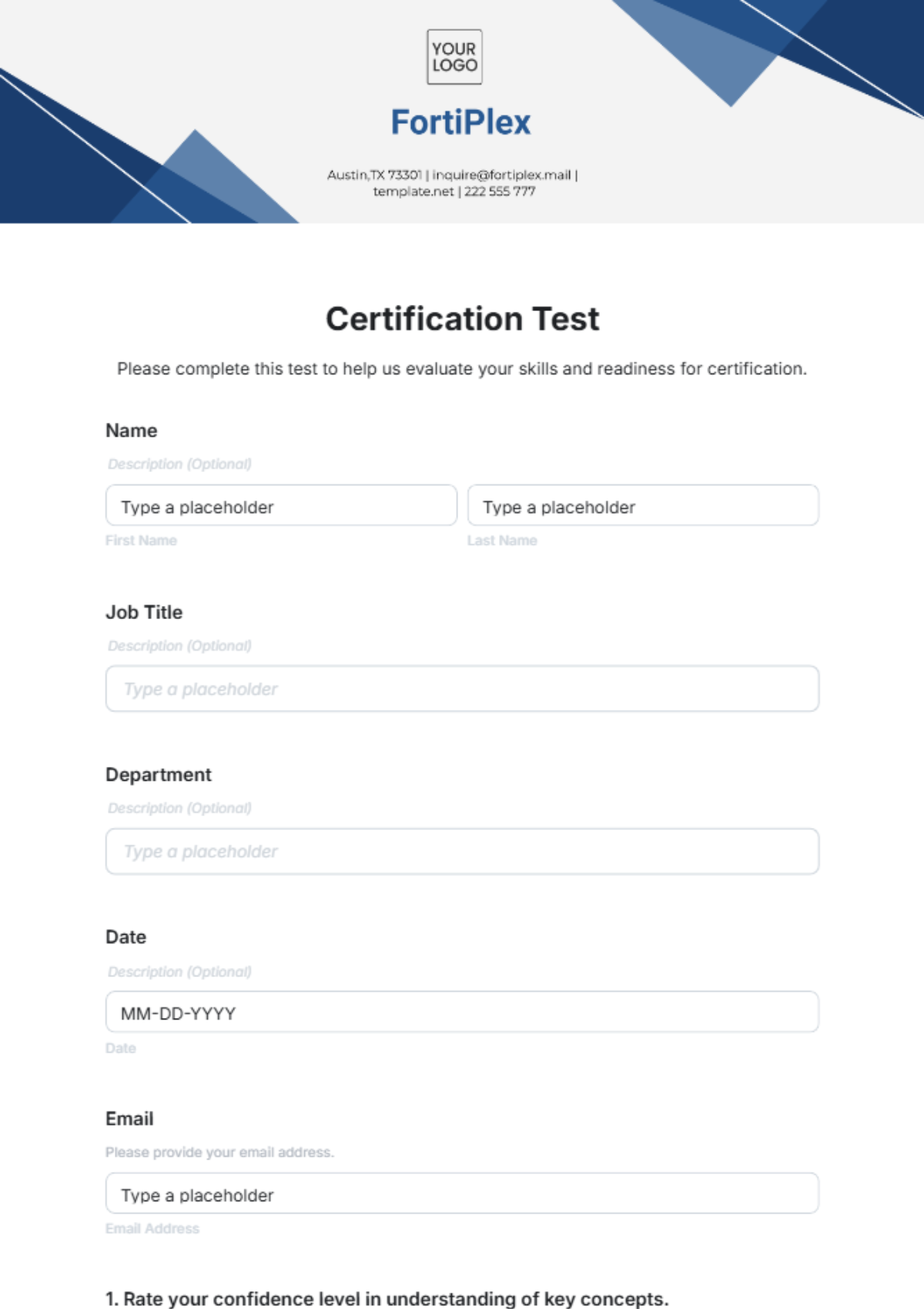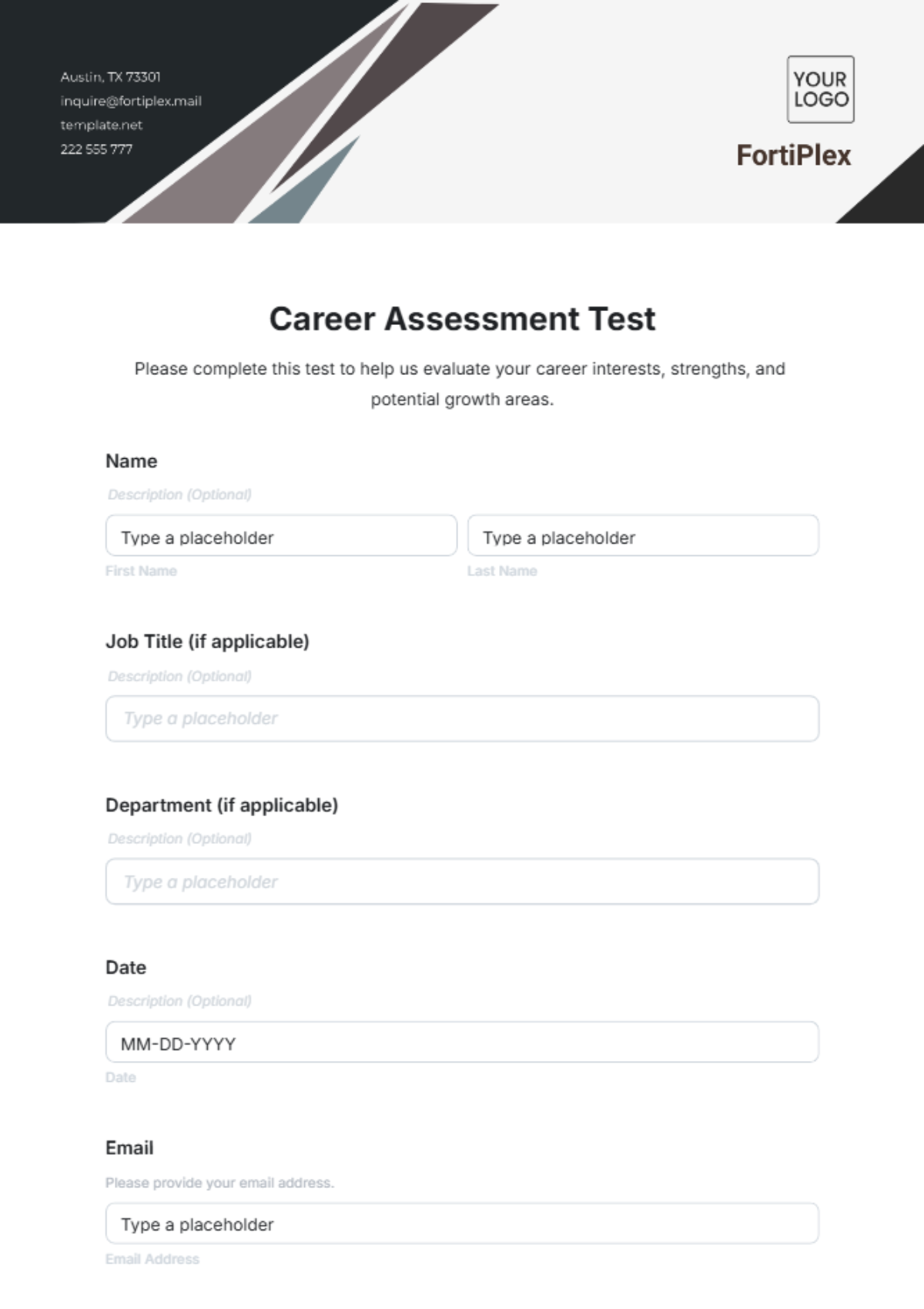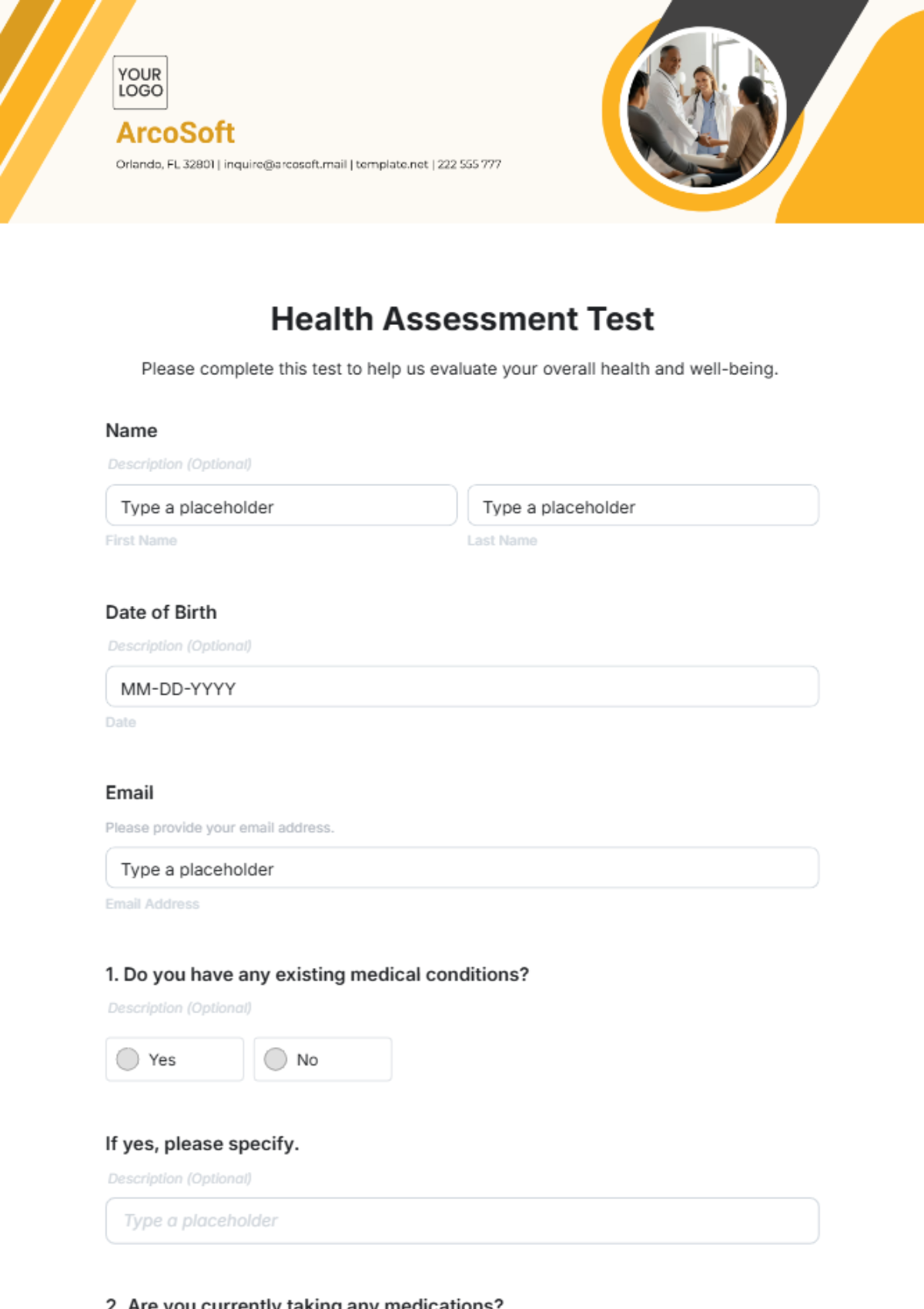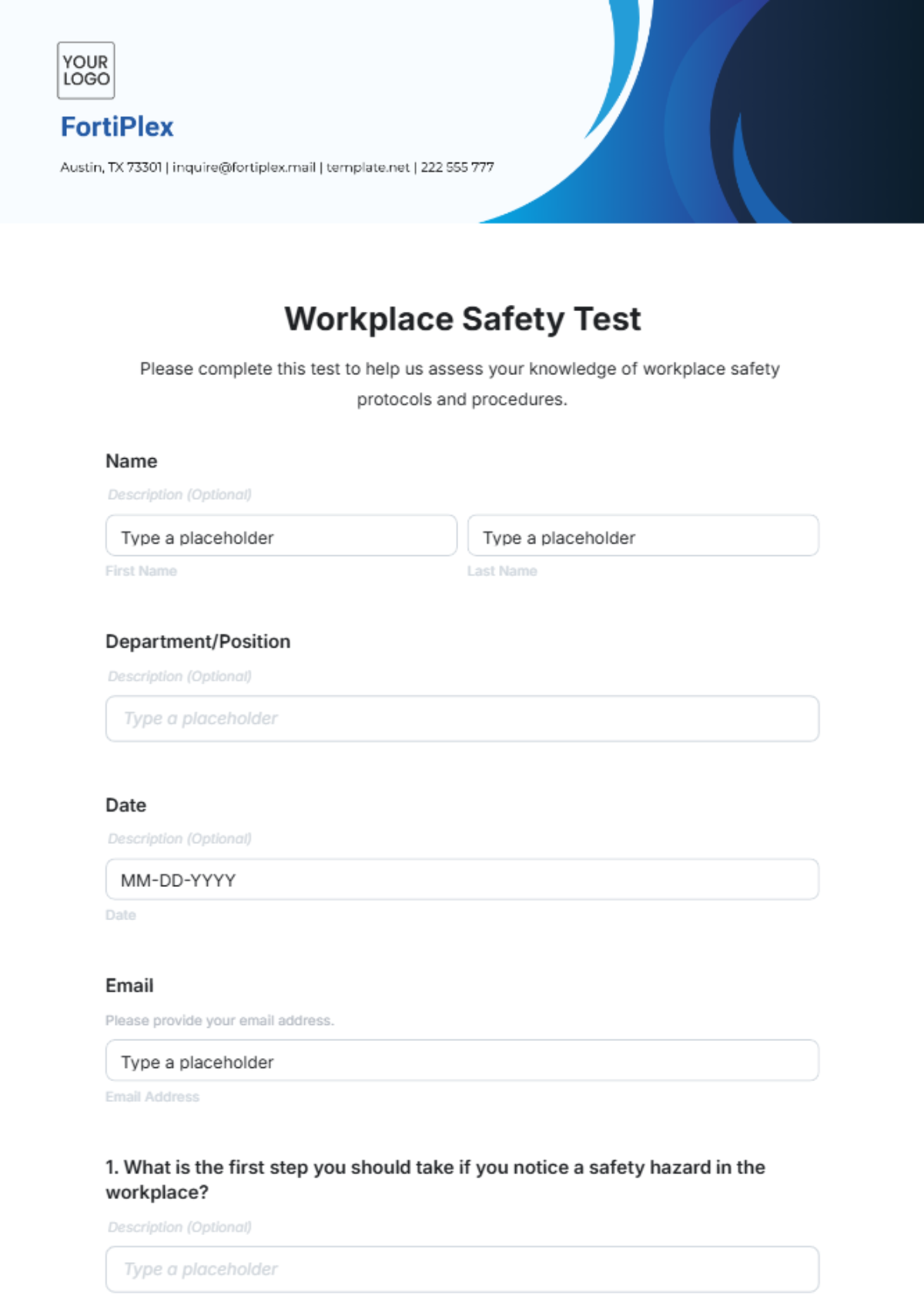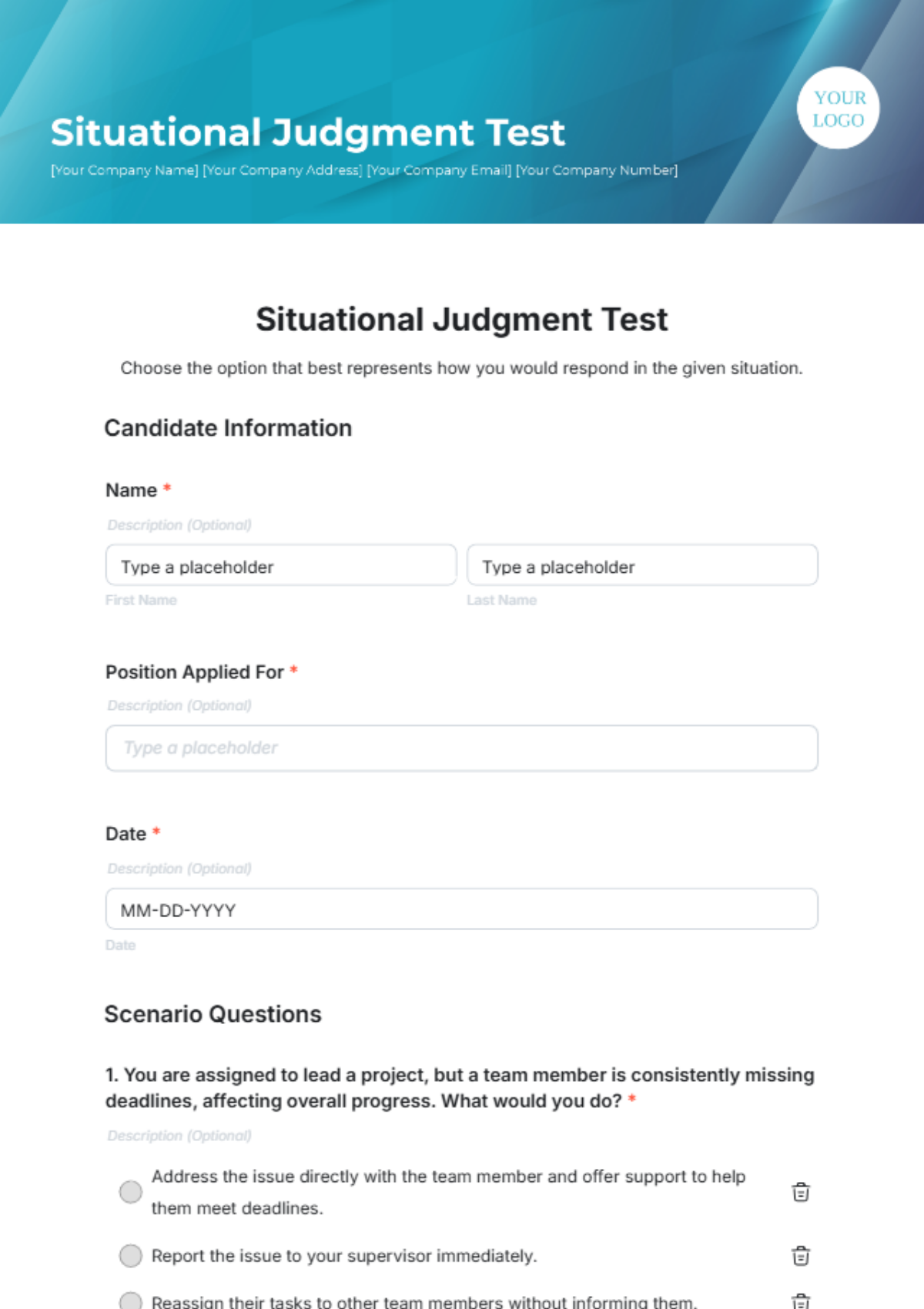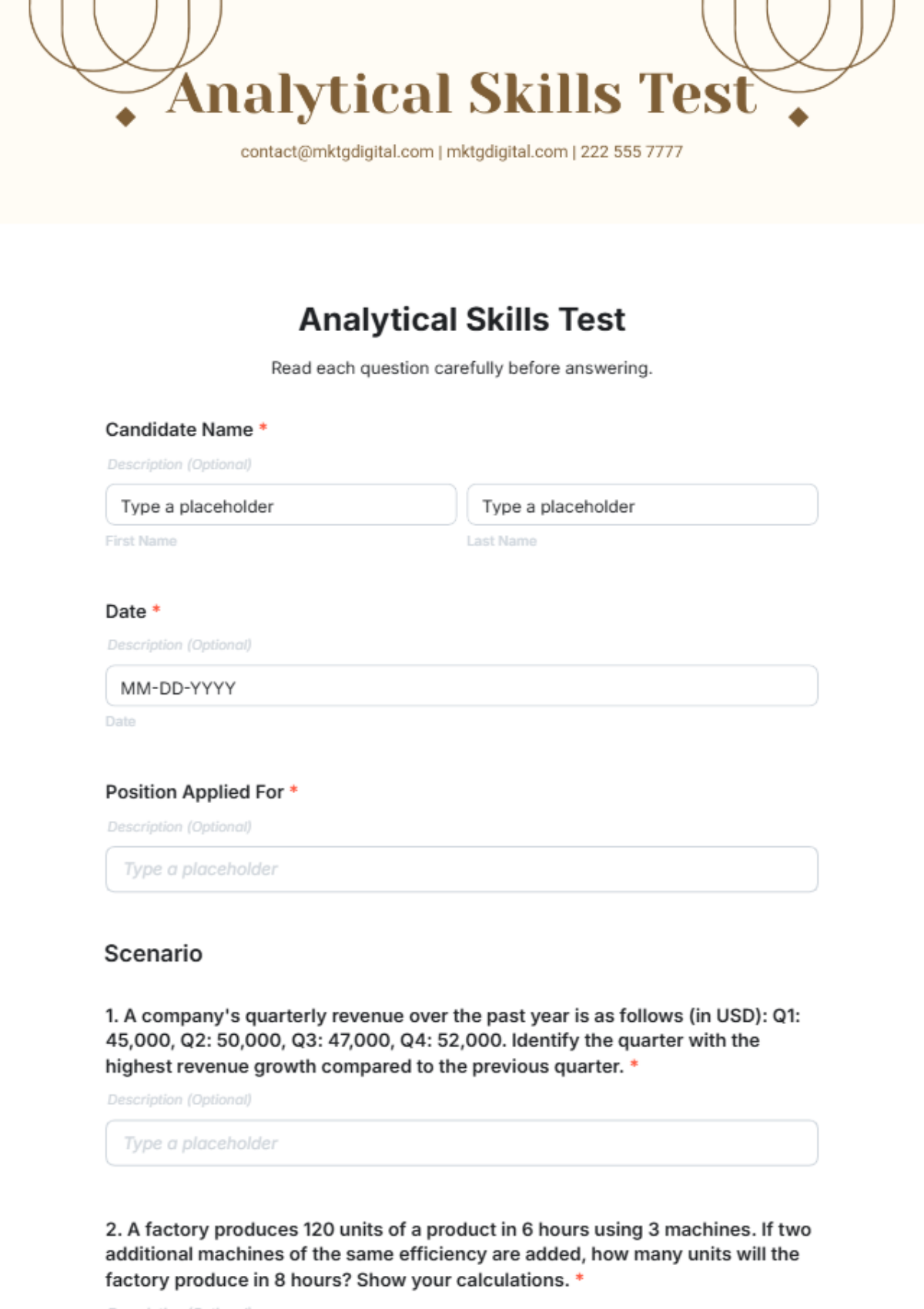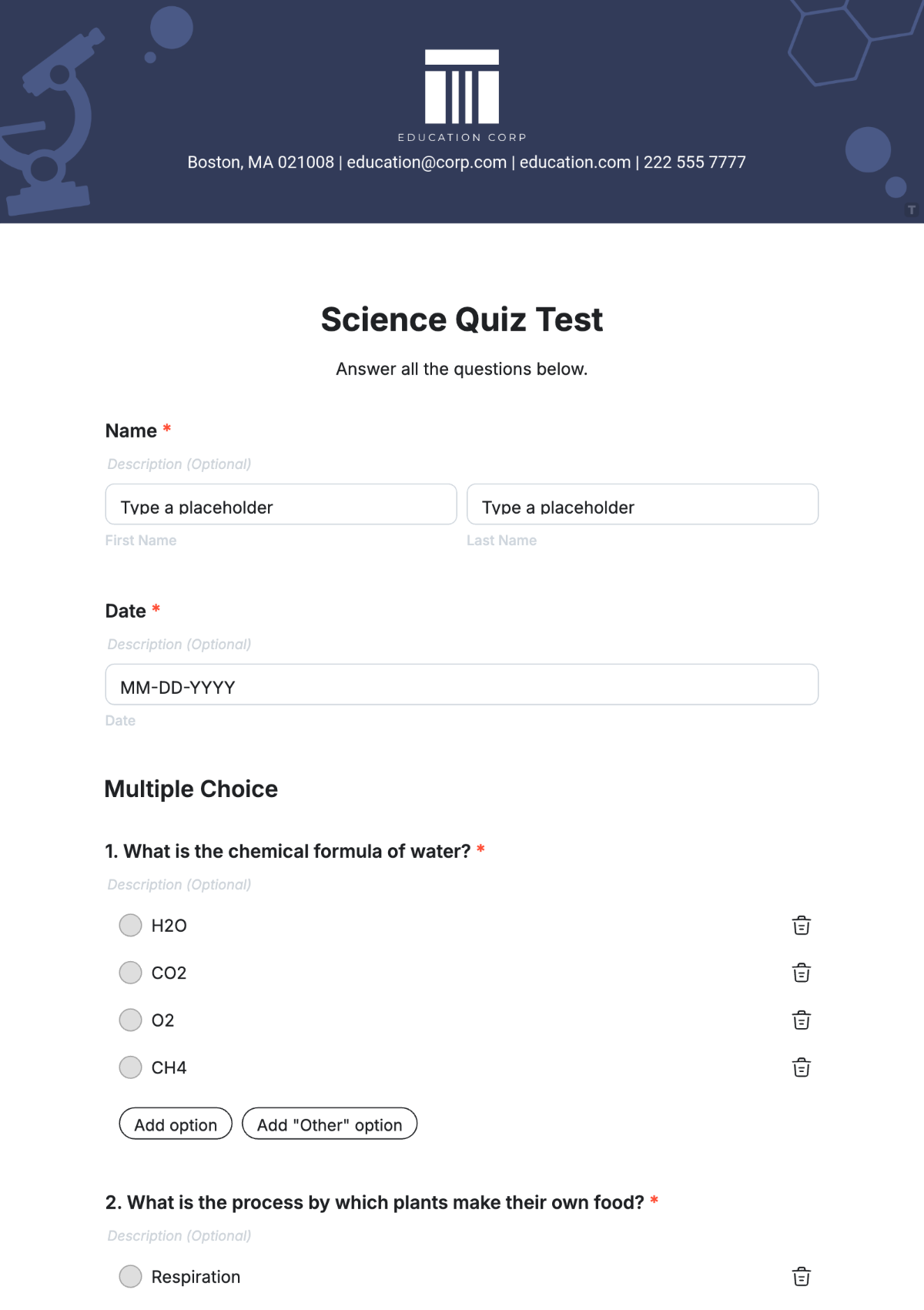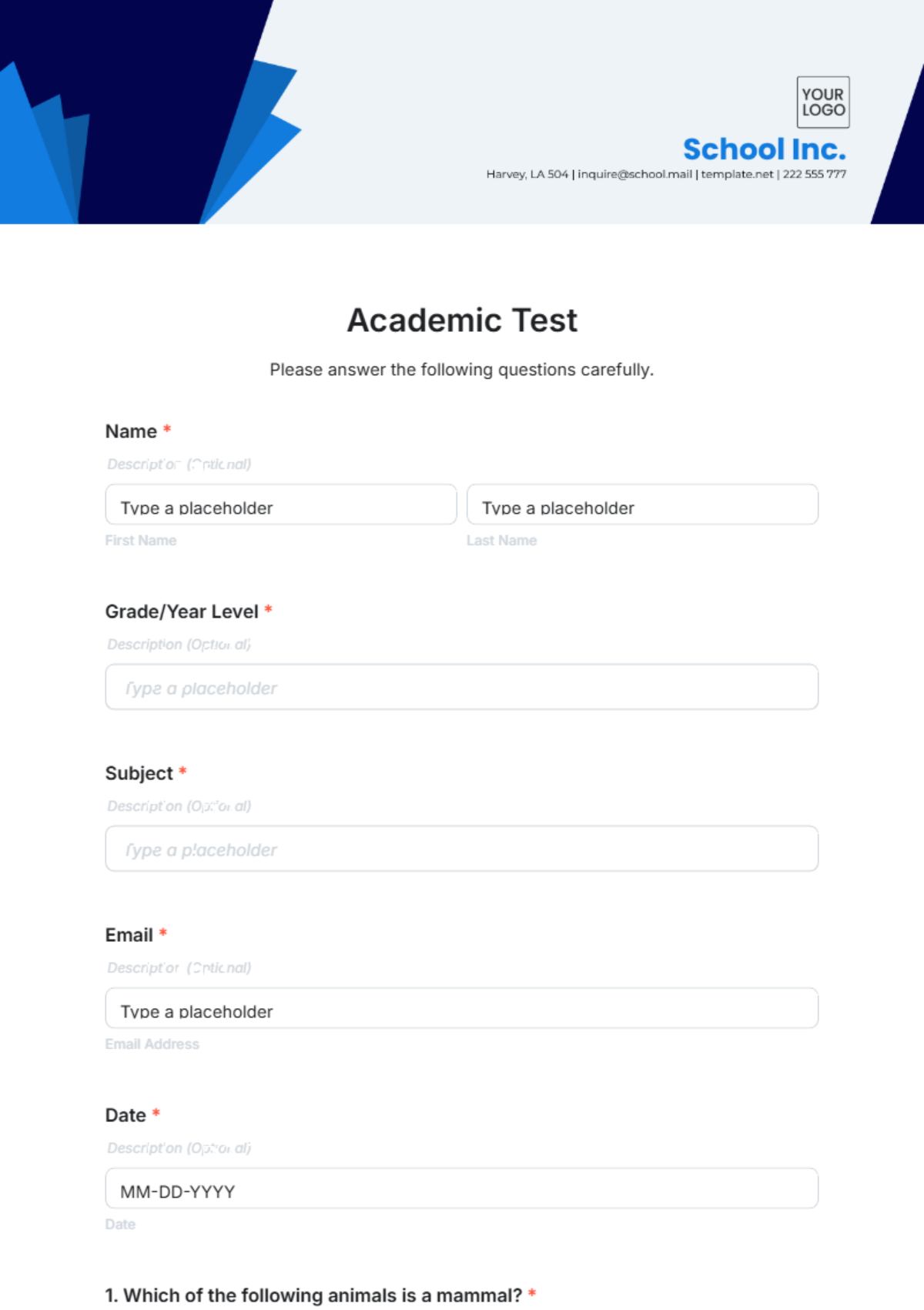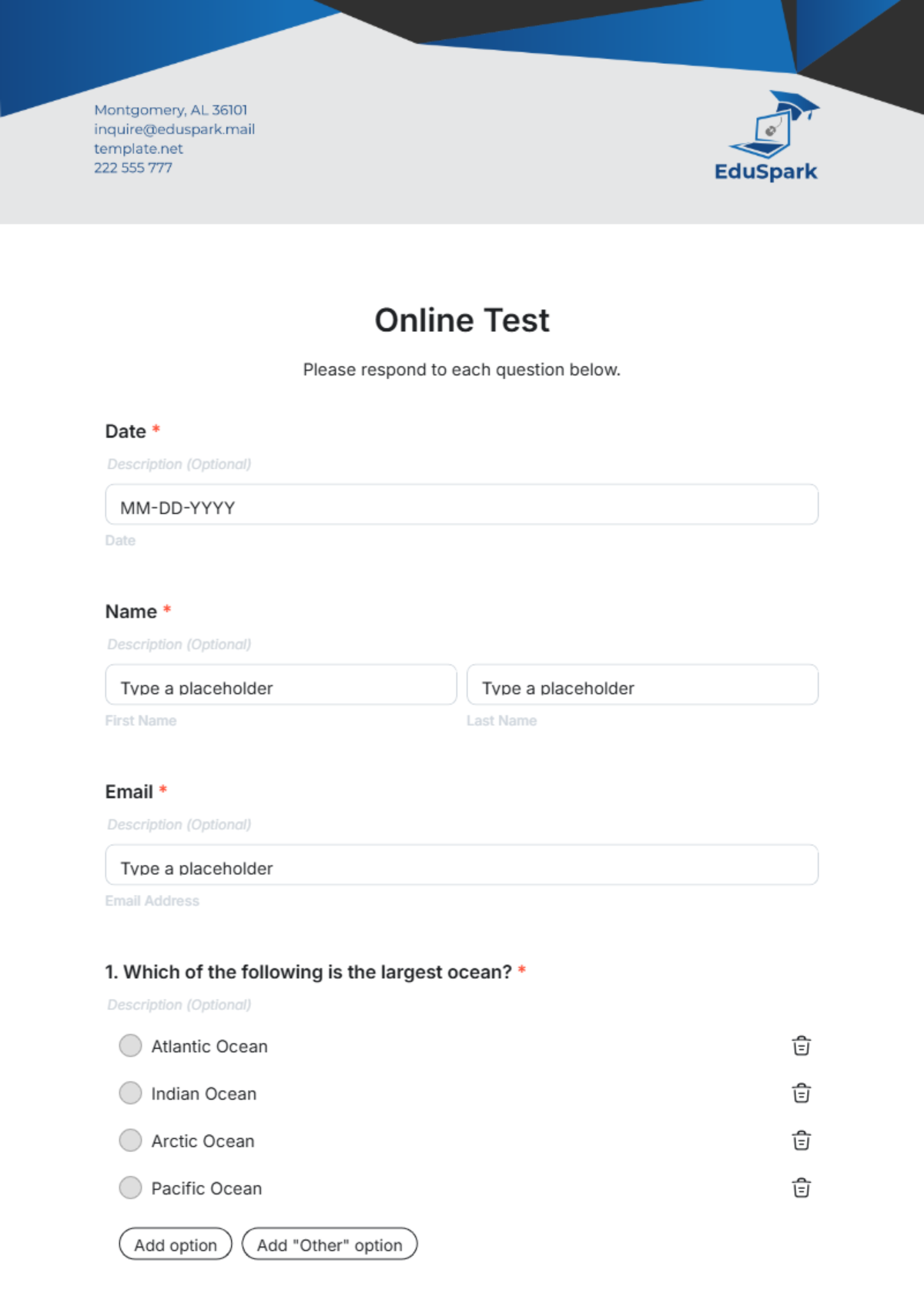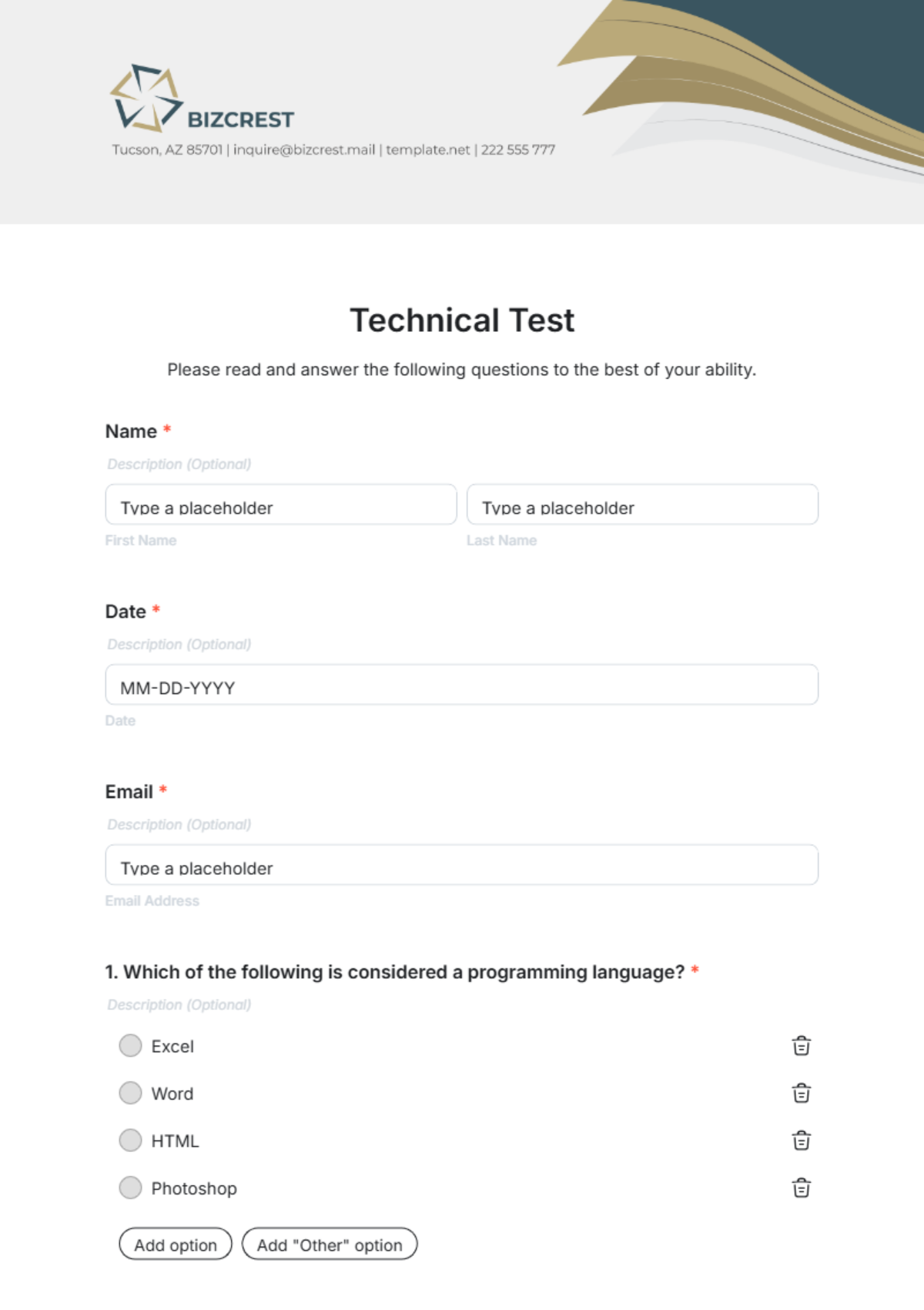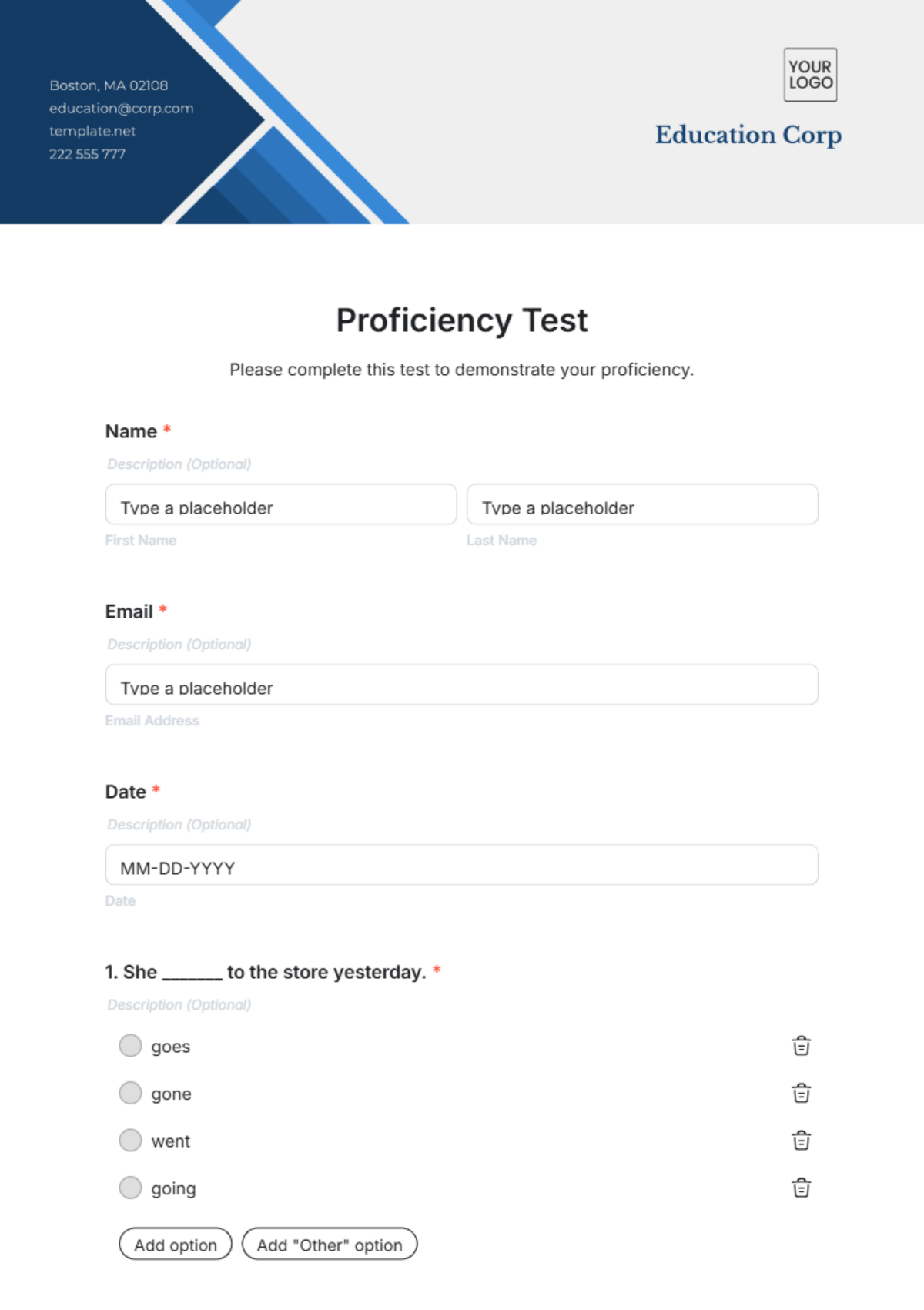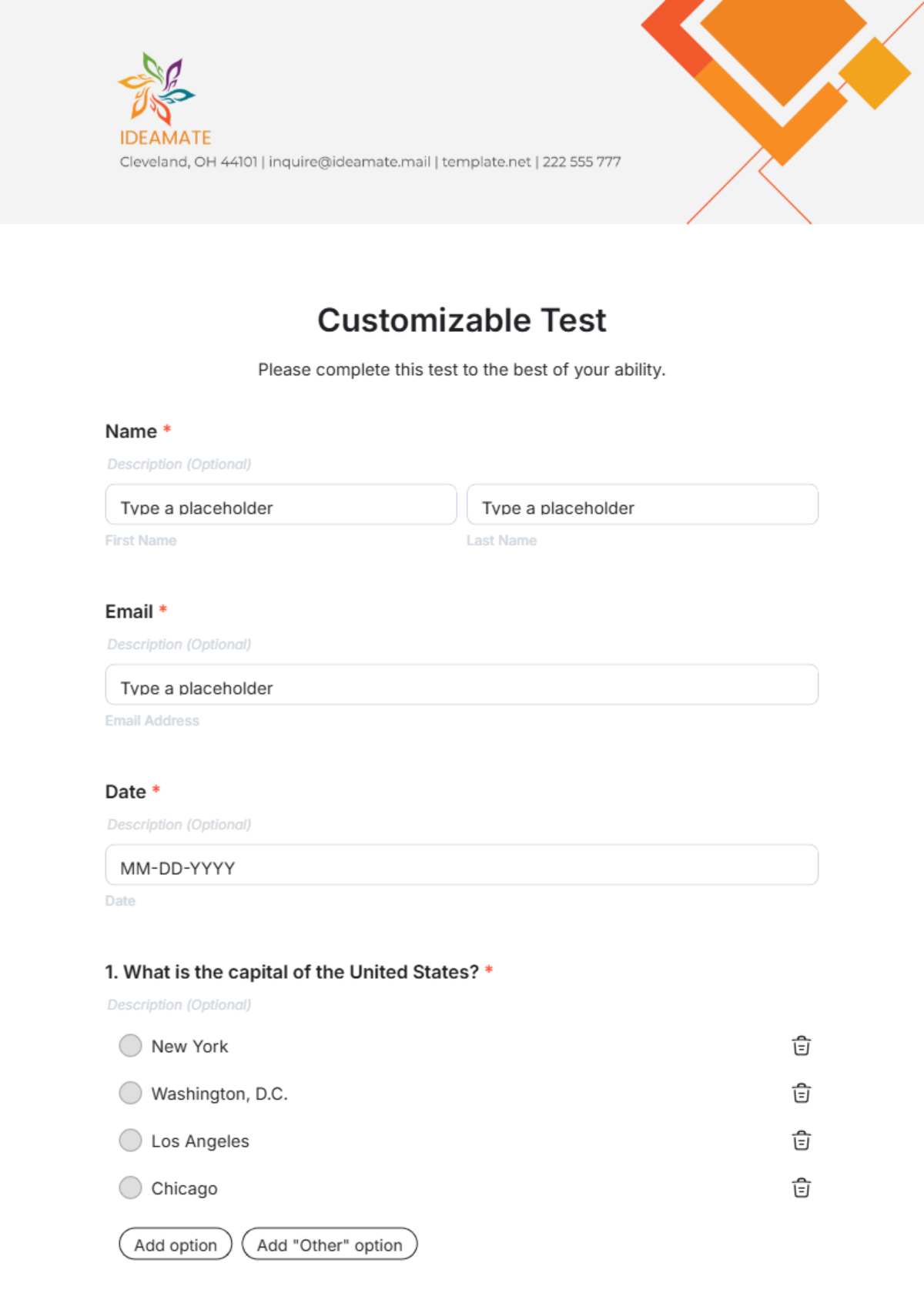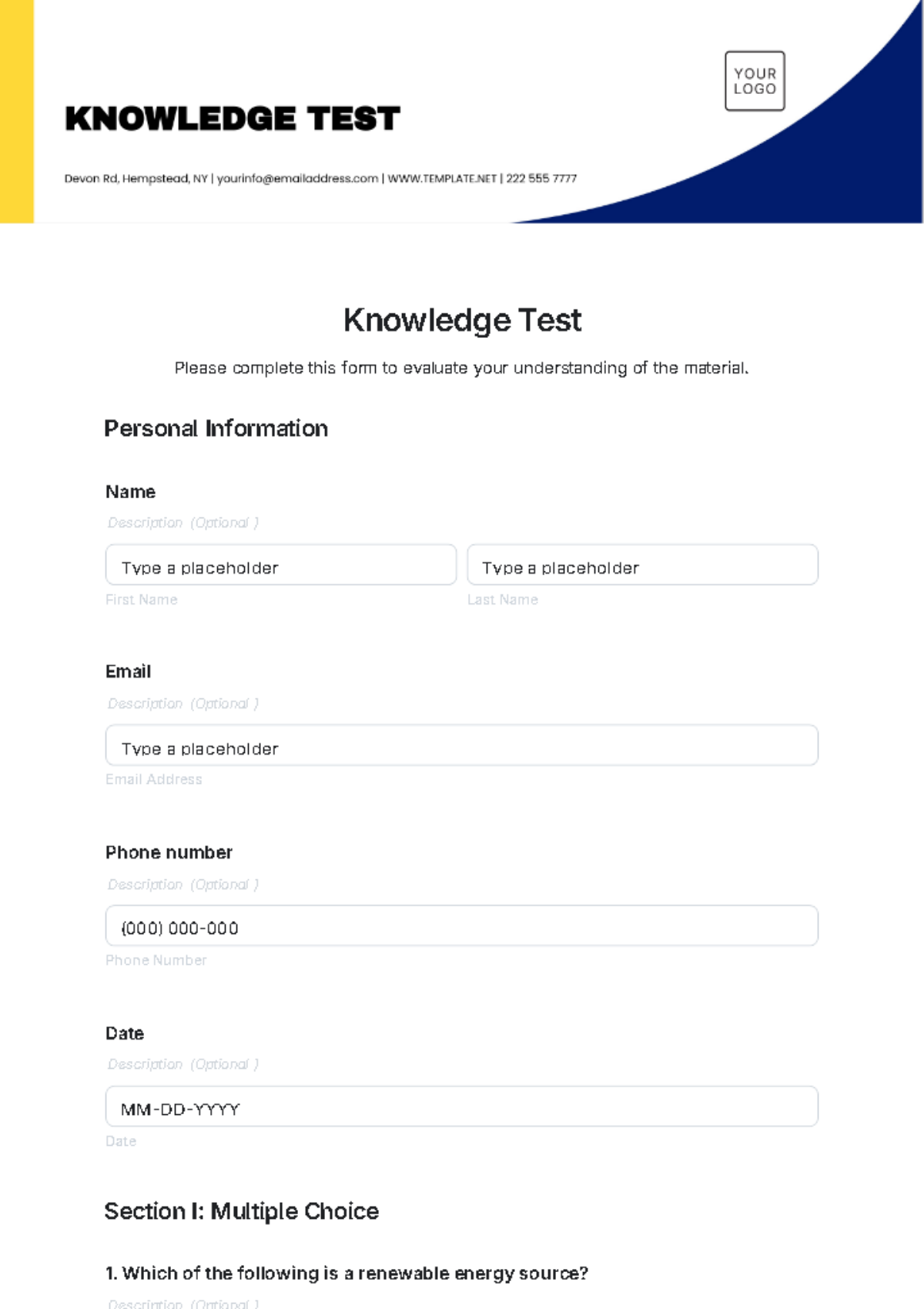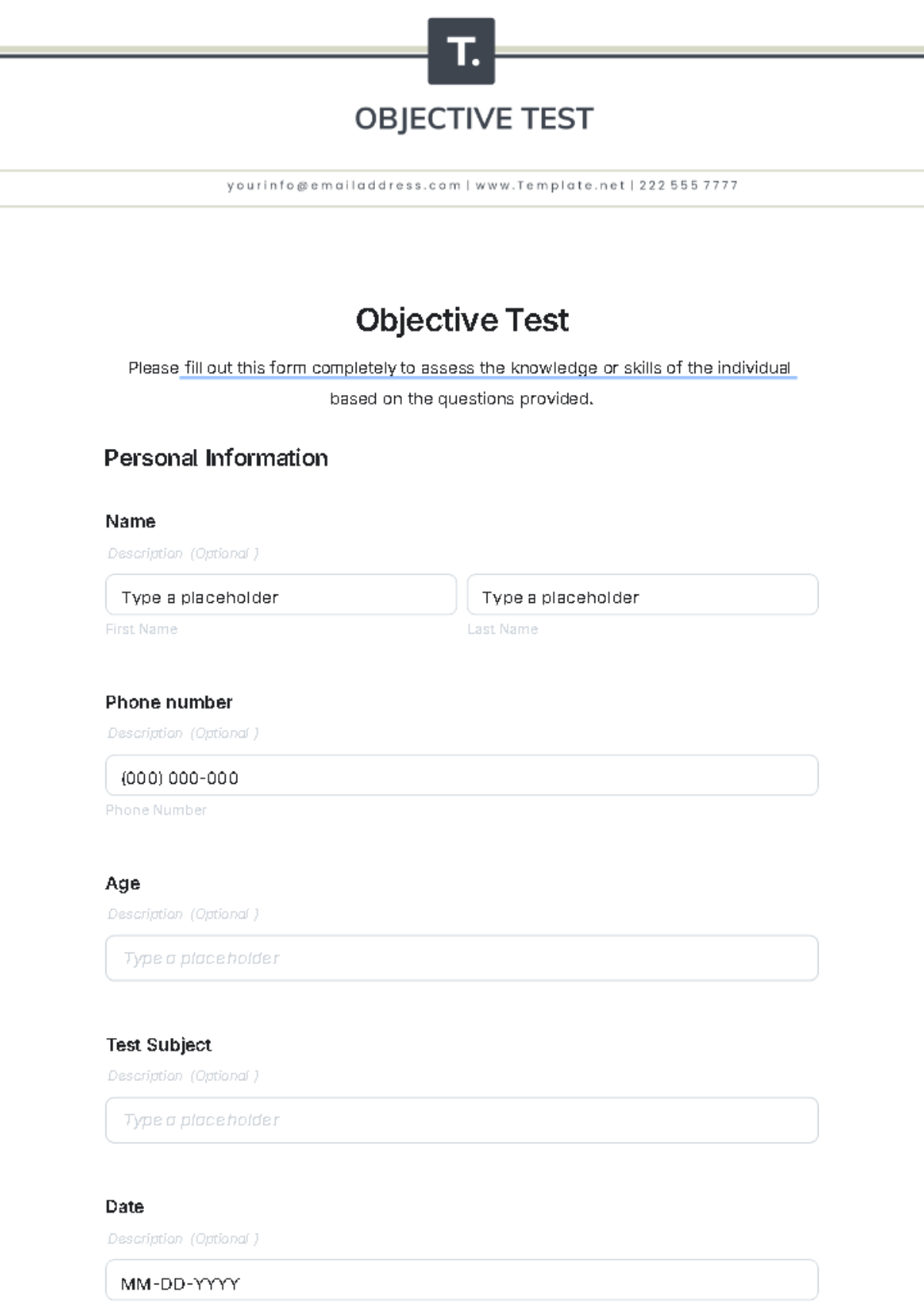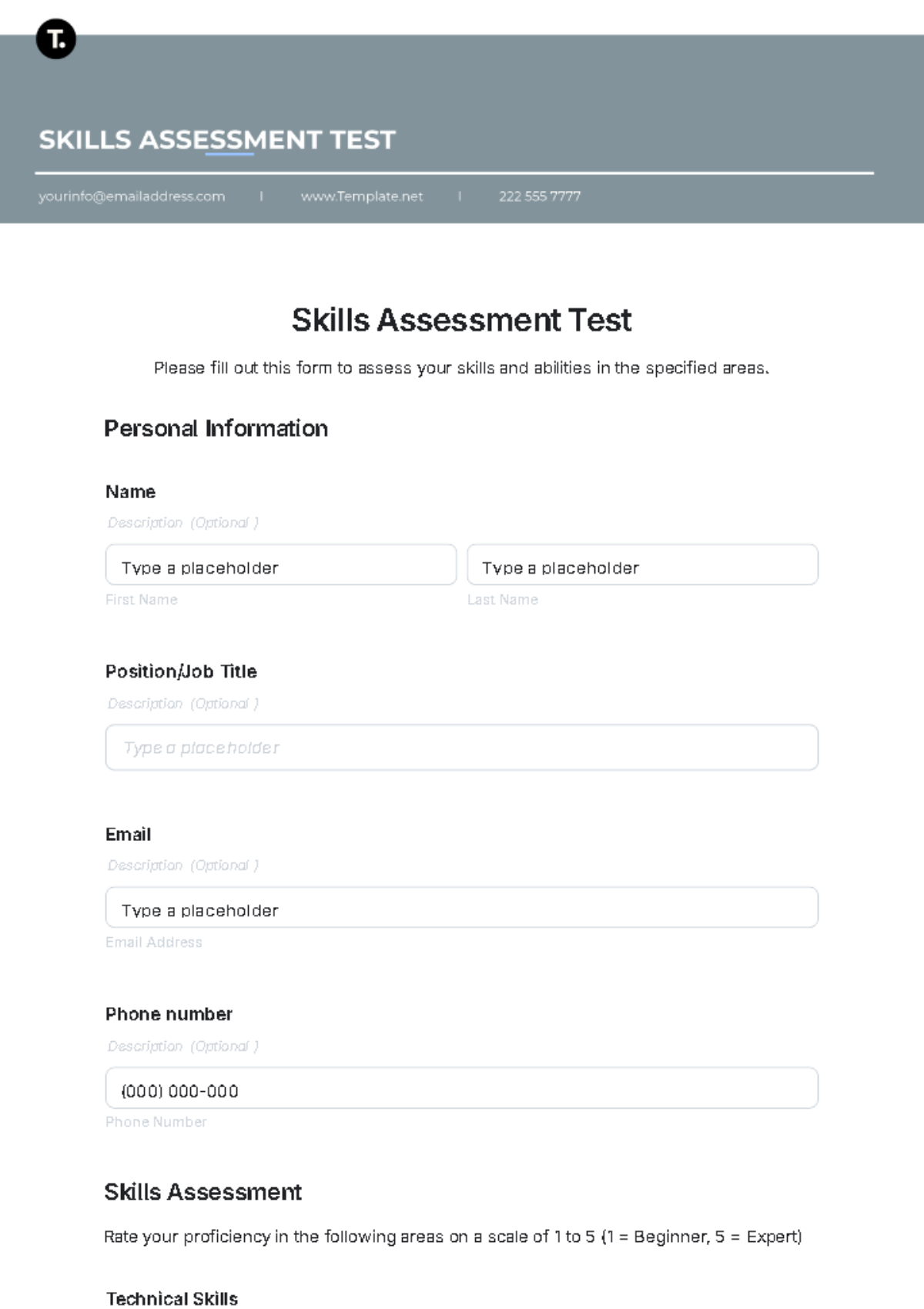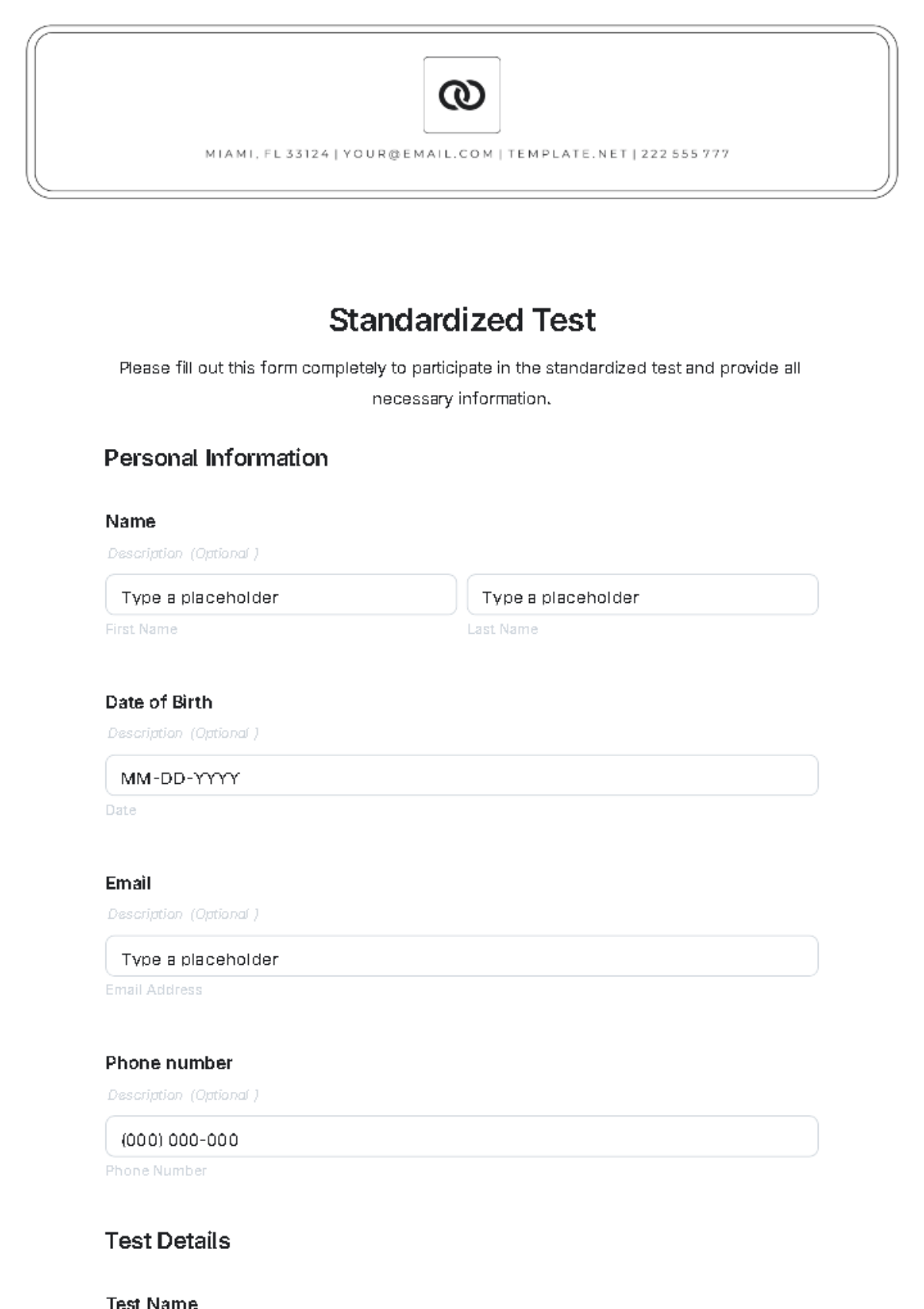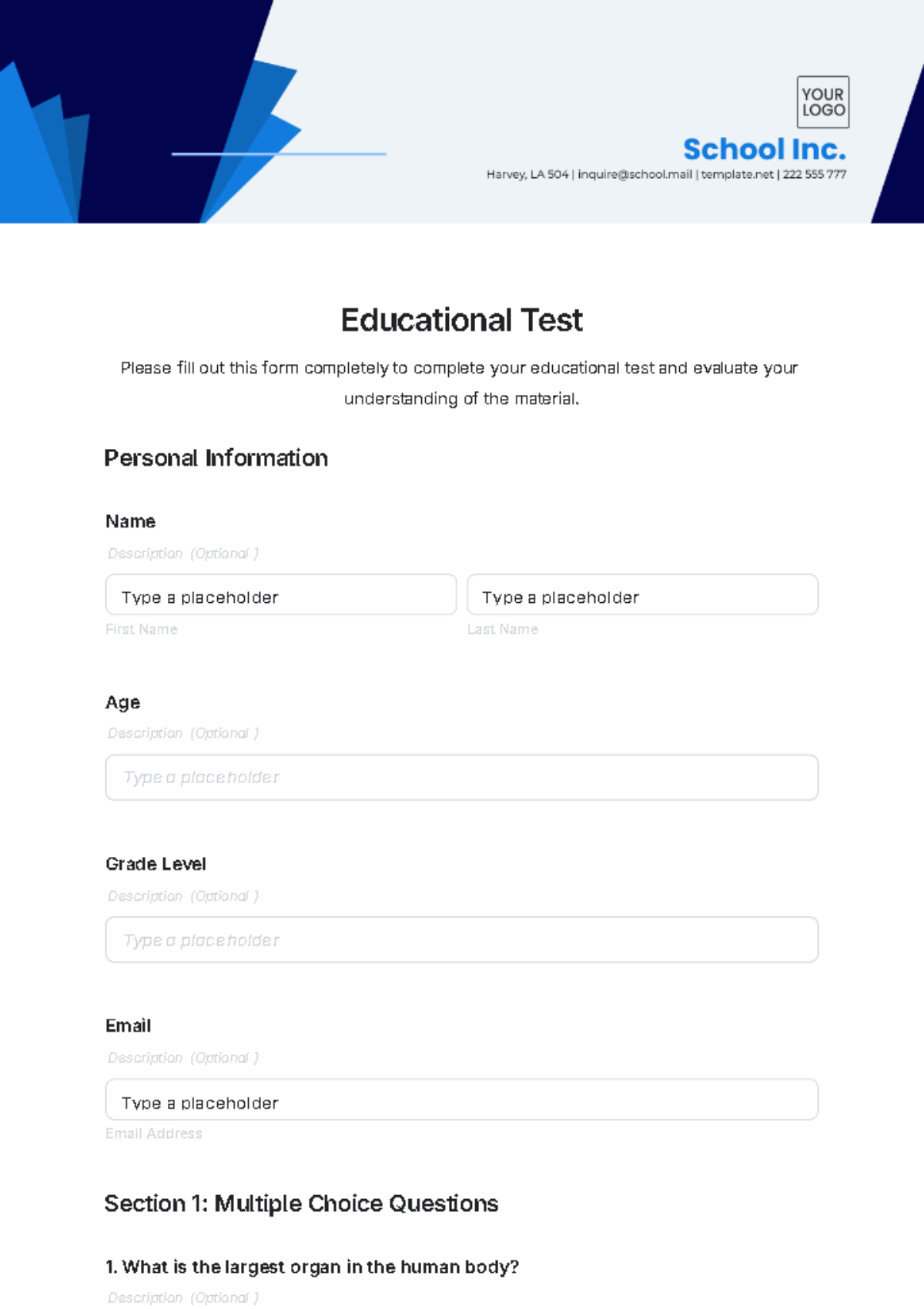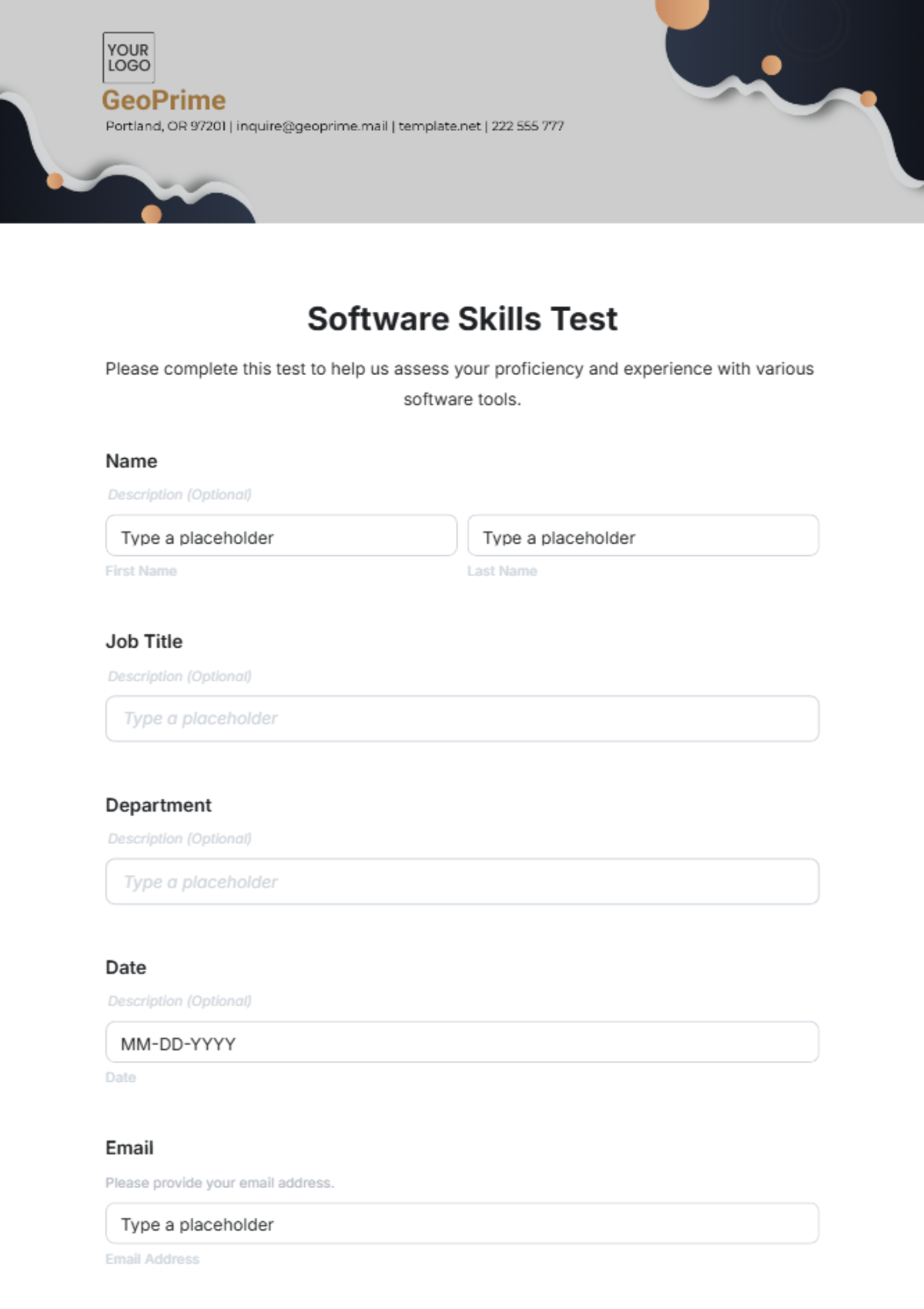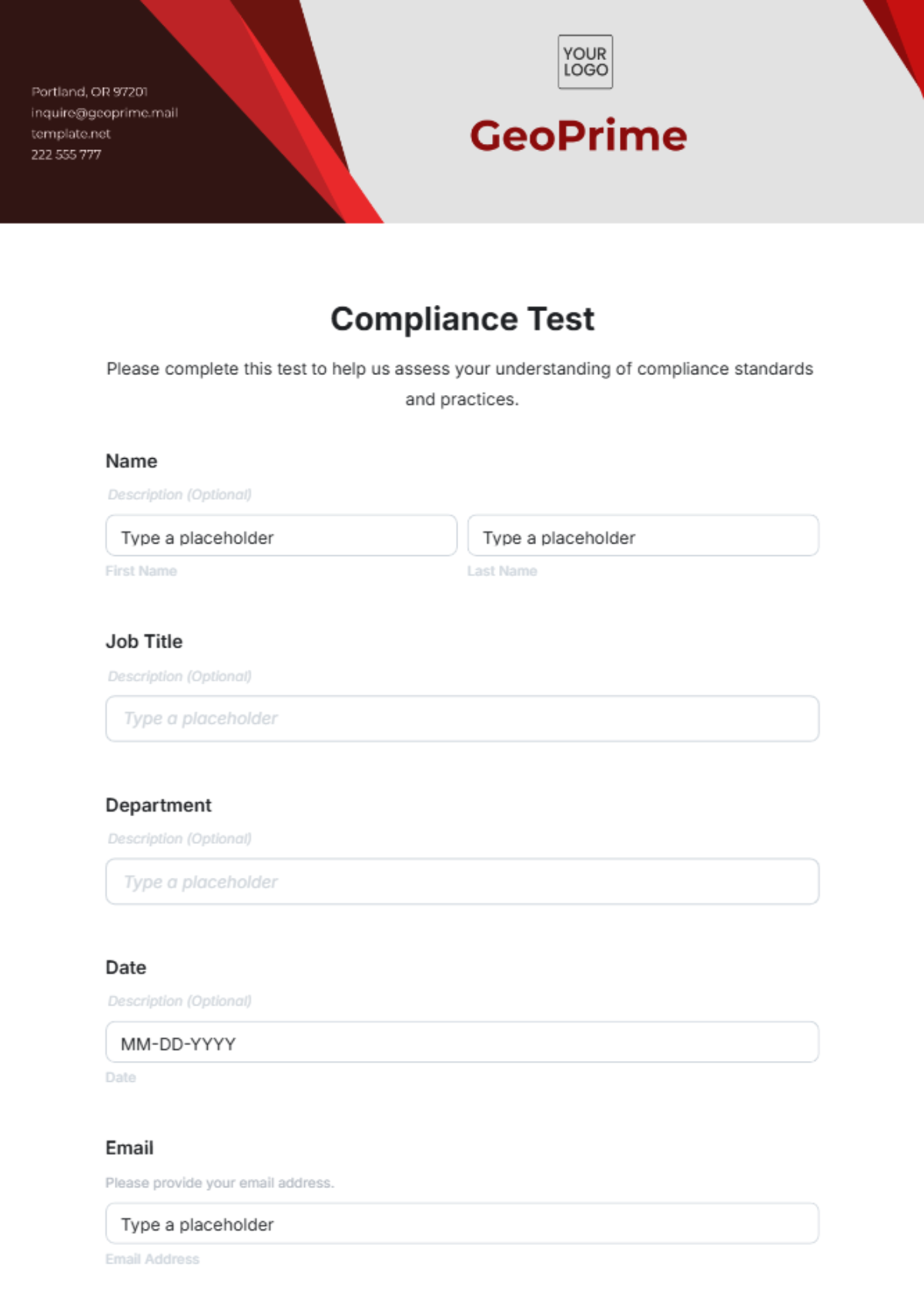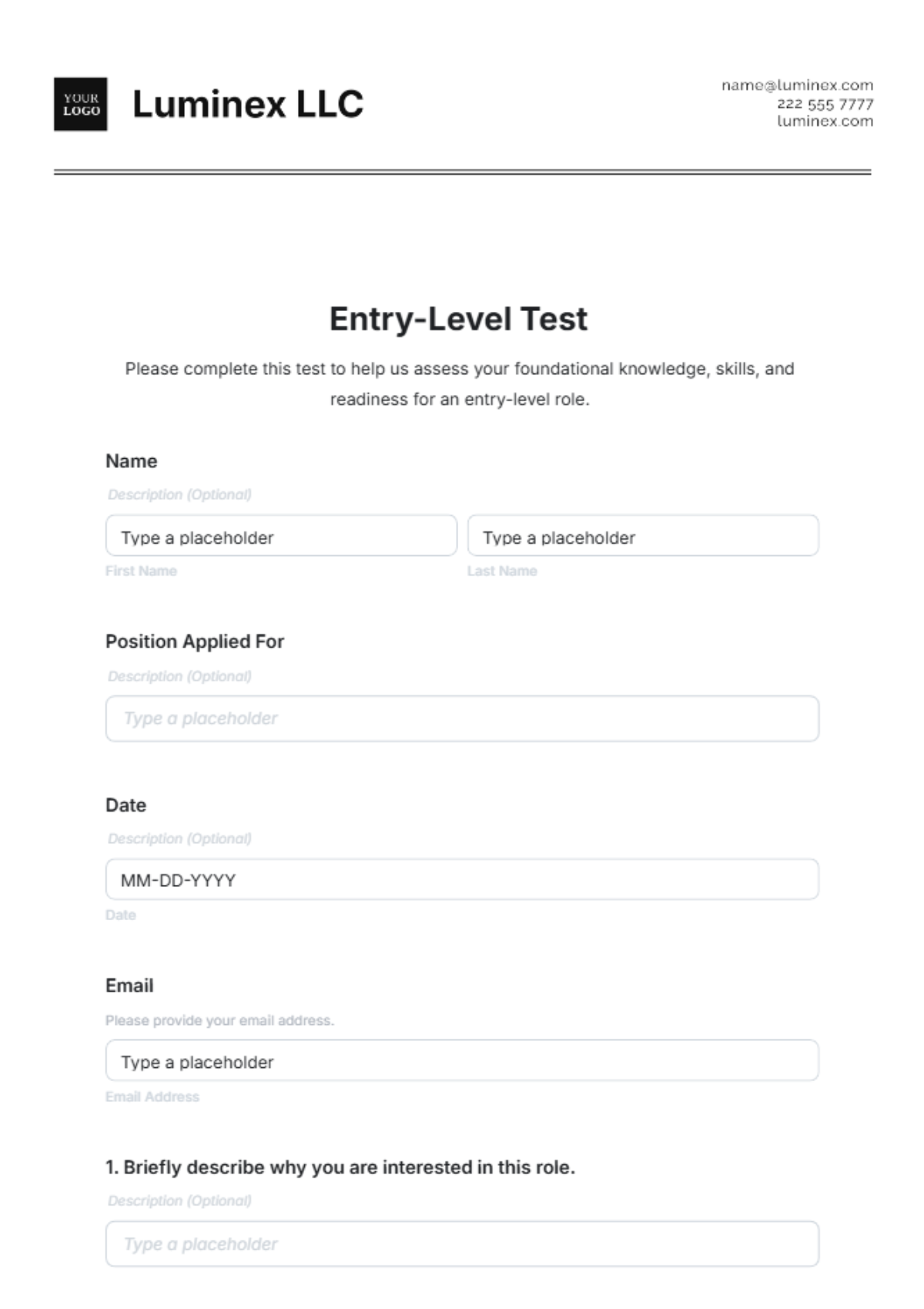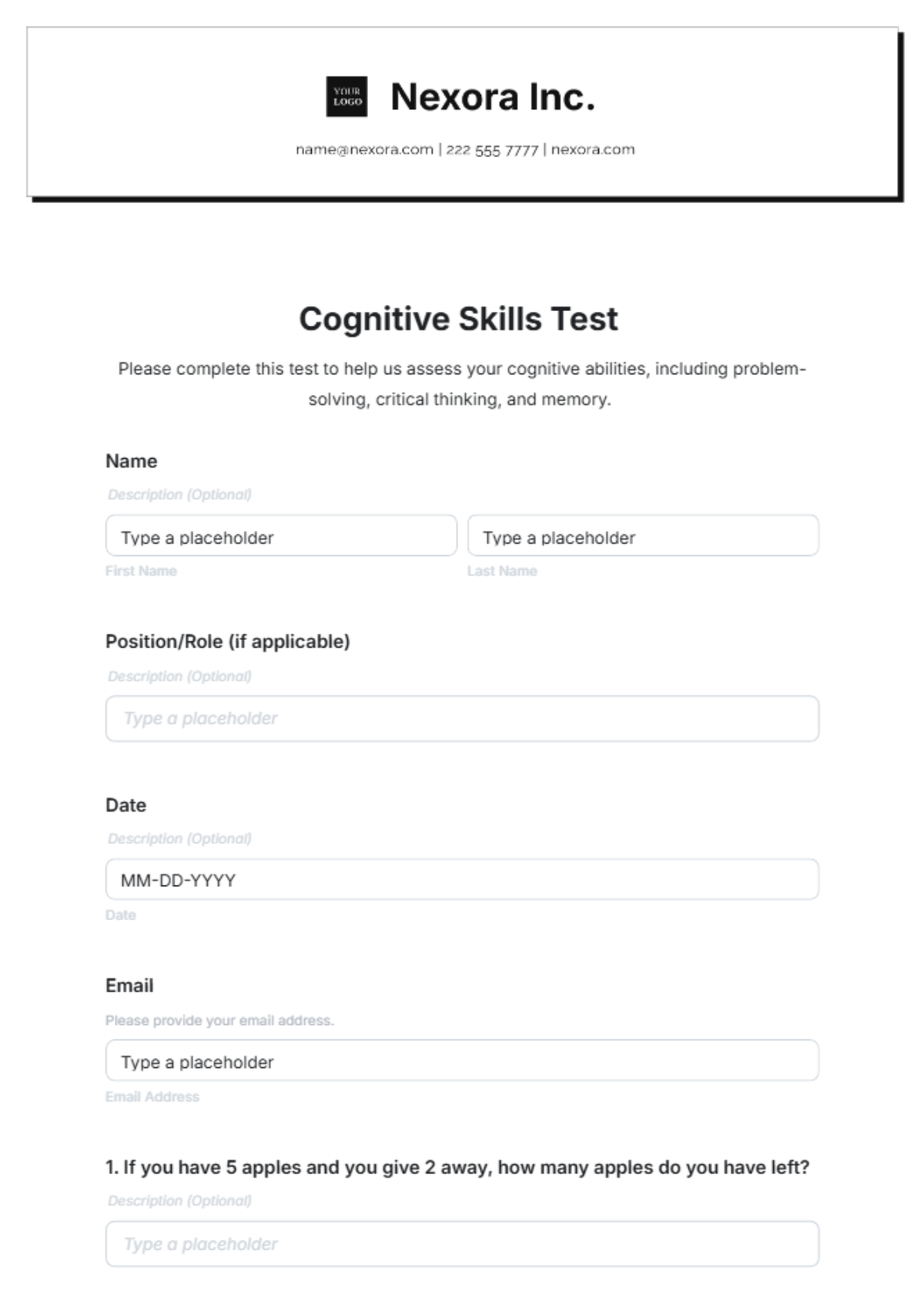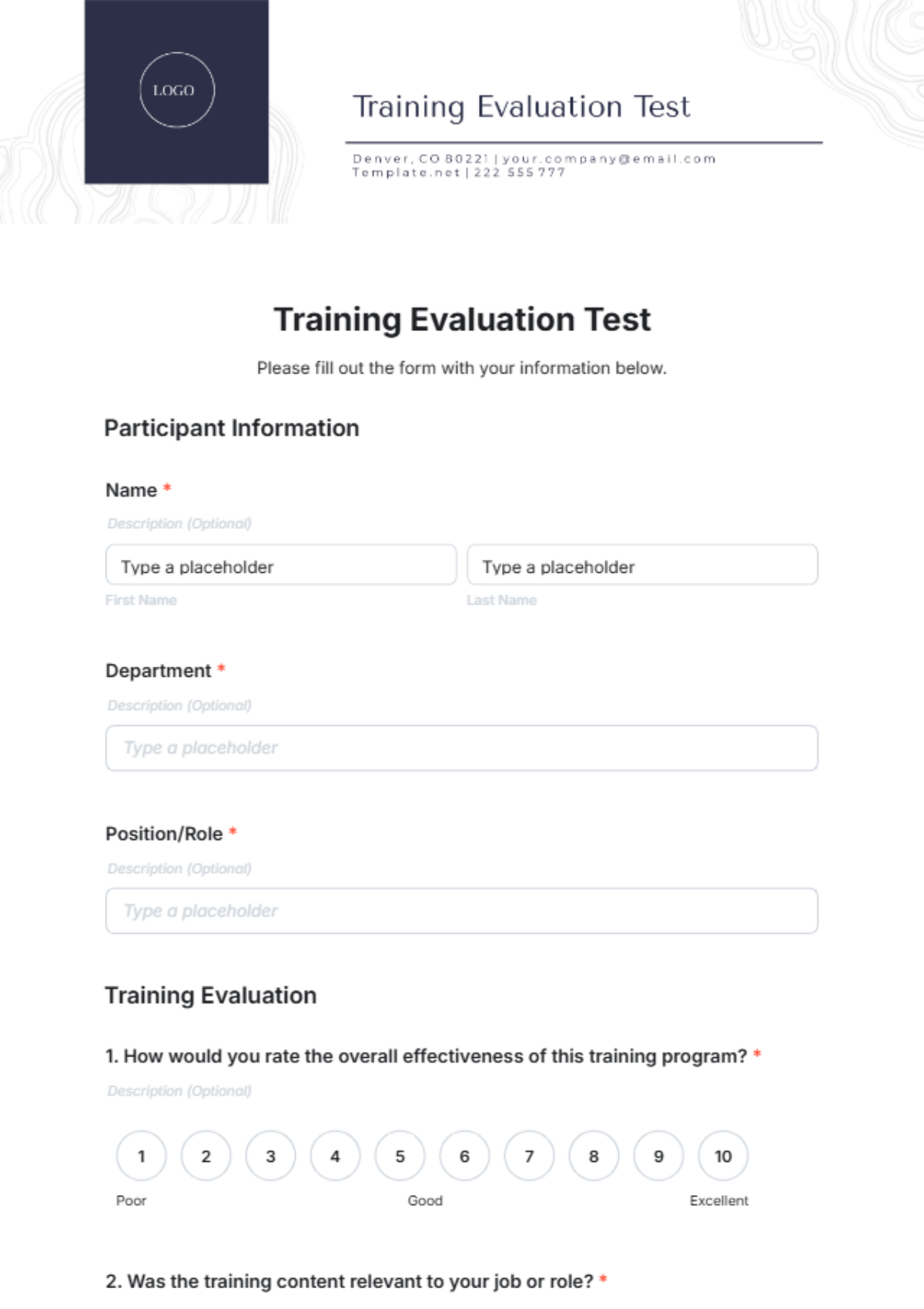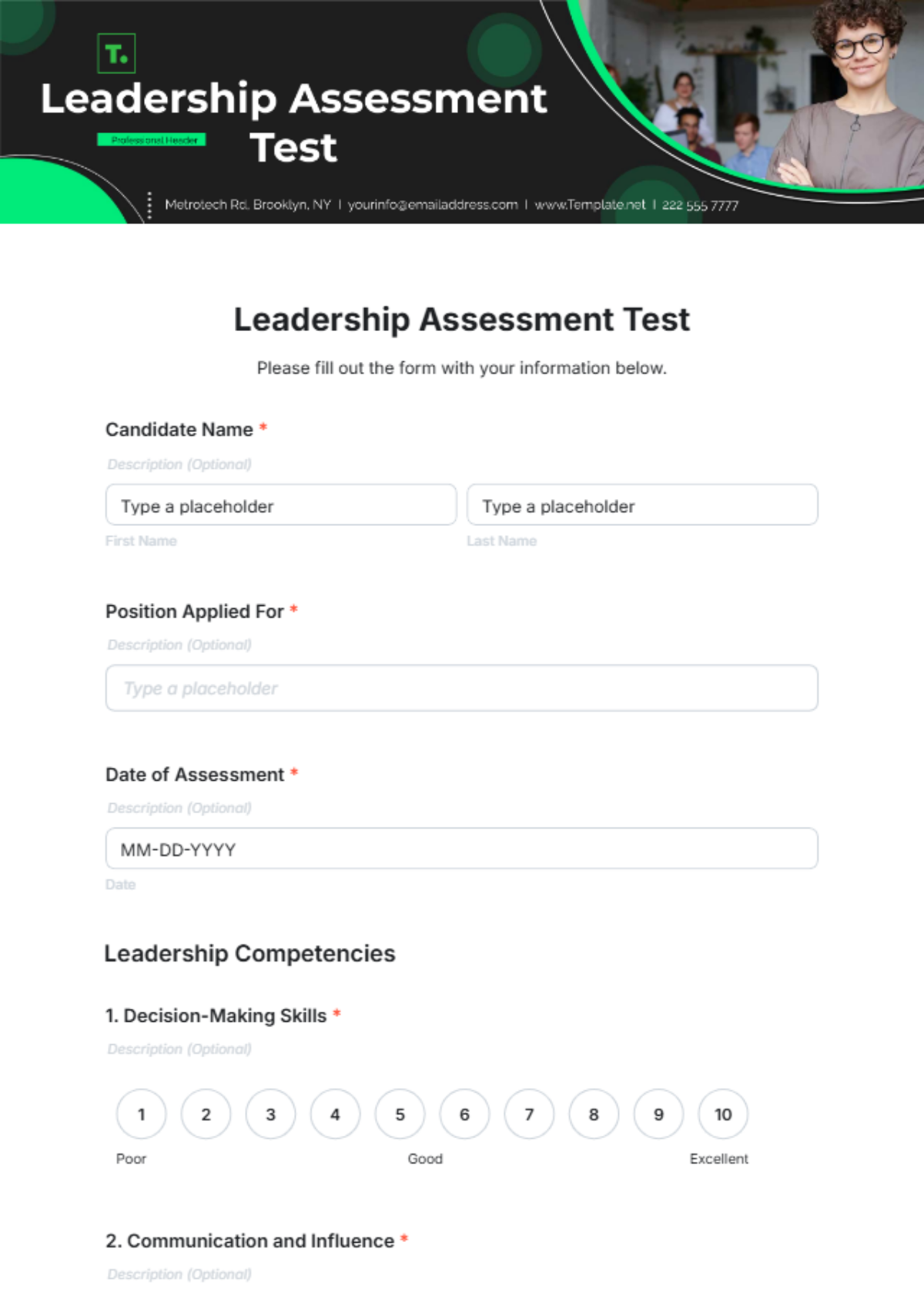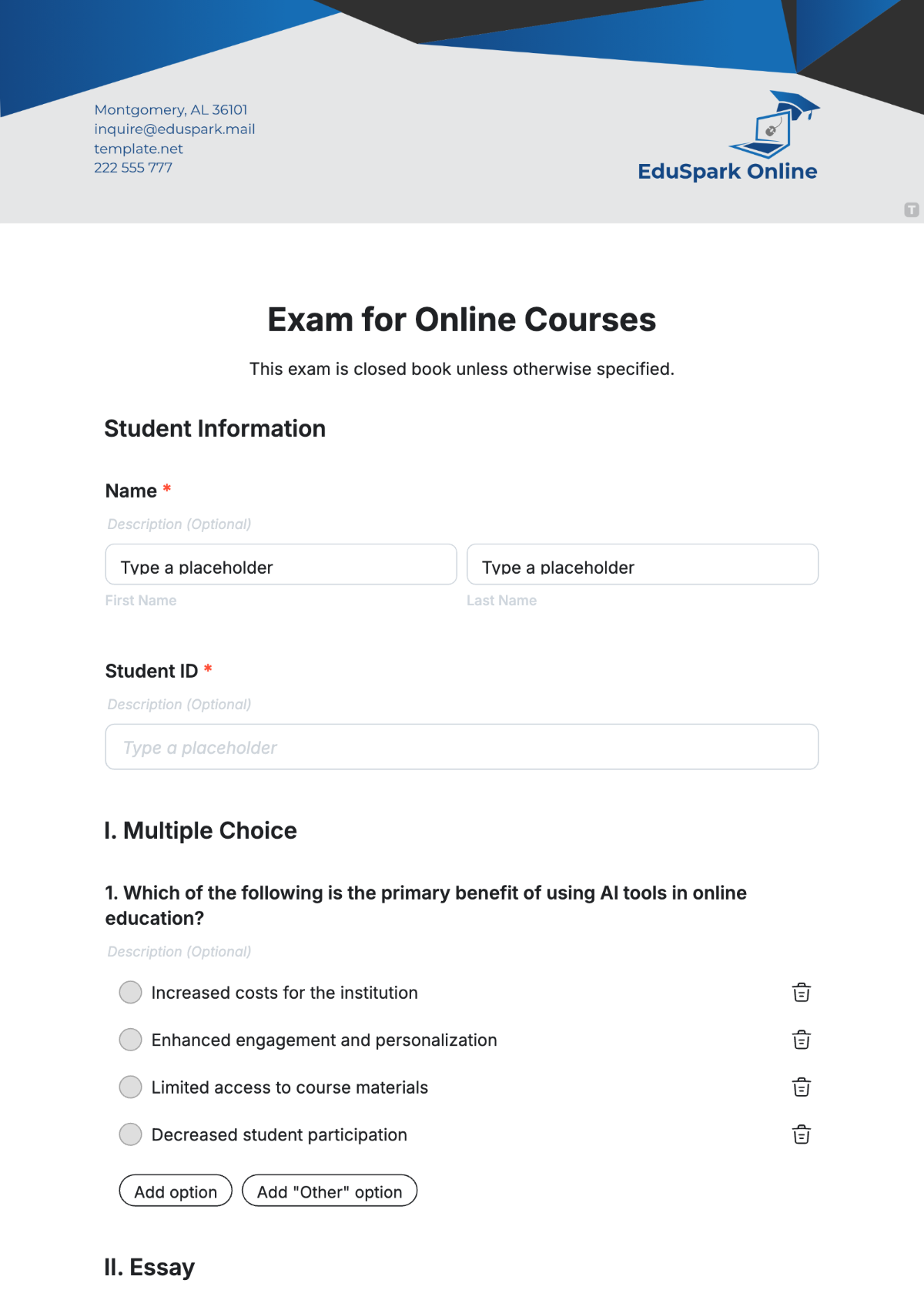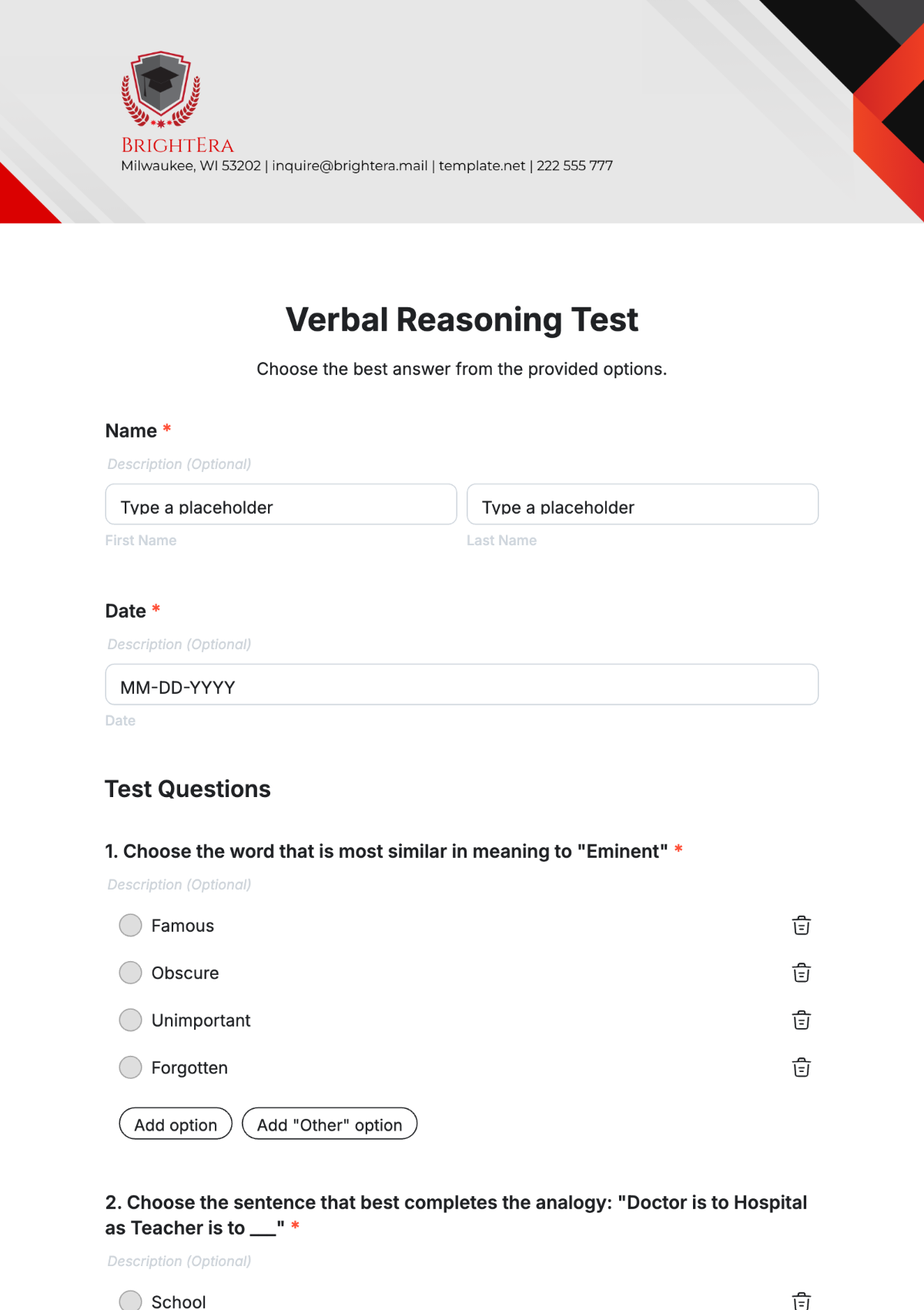Standardized Test Argumentative Essay
Topic: Should the minimum wage be increased?
The debate over whether to increase the minimum wage has been a contentious issue in recent years. Advocates argue that raising the minimum wage would reduce poverty and improve the quality of life for low-income workers. Opponents, however, contend that such increases could lead to job losses and higher prices for consumers. This essay will argue in favor of raising the minimum wage, asserting that it would benefit workers, stimulate the economy, and reduce income inequality.
Firstly, increasing the minimum wage would significantly benefit workers by providing them with a more livable income. According to a report from the Economic Policy Institute, raising the minimum wage to $15 per hour would lift millions of workers out of poverty. For example, a full-time worker earning $7.25 per hour makes just over $15,000 annually, which is below the poverty line for a family of four. By increasing the minimum wage, these workers would be able to afford necessities such as food, healthcare, and housing, thereby improving their overall well-being.
Secondly, raising the minimum wage would stimulate the economy. When workers earn more, they have greater purchasing power, which can lead to increased consumer spending. A study by the Institute for Research on Labor and Employment found that higher wages lead to greater consumer expenditure, which can boost local businesses and create more jobs. For instance, workers with higher incomes are more likely to spend money on goods and services, thereby driving economic growth and potentially offsetting the costs associated with wage increases.
Thirdly, increasing the minimum wage would help reduce income inequality. According to data from the U.S. Census Bureau, income inequality has been rising steadily over the past few decades. By raising the minimum wage, we can address this imbalance and ensure that low-income workers receive a fair share of the nation’s economic prosperity. For example, the Congressional Budget Office reported that a $15 minimum wage could reduce the income gap between the richest and poorest households, leading to a more equitable distribution of wealth.
Critics of raising the minimum wage argue that it could lead to job losses and higher prices. They claim that businesses may cut jobs or reduce hours to offset the increased labor costs and that consumers may face higher prices as companies pass on these costs. However, research from the Center for Economic and Policy Research shows that the negative impact on employment is minimal, and many businesses have successfully absorbed higher wages without significant price increases. Moreover, the overall economic benefits of a higher minimum wage outweigh these potential drawbacks.
In conclusion, raising the minimum wage is a vital step toward improving the lives of workers, stimulating economic growth, and reducing income inequality. By providing a livable wage, we can help millions of workers escape poverty, boost consumer spending, and create a more equitable society. Despite concerns about potential job losses and higher prices, the evidence supports that the benefits of increasing the minimum wage far outweigh the drawbacks. Therefore, policymakers must take action to raise the minimum wage and ensure a fairer economic system for all.
